It’s Not About Outrunning the Bear: 4 Strategies for Recruiting AI Engineers
Some of our clients



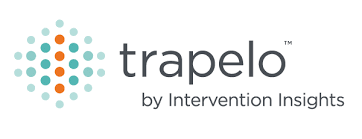


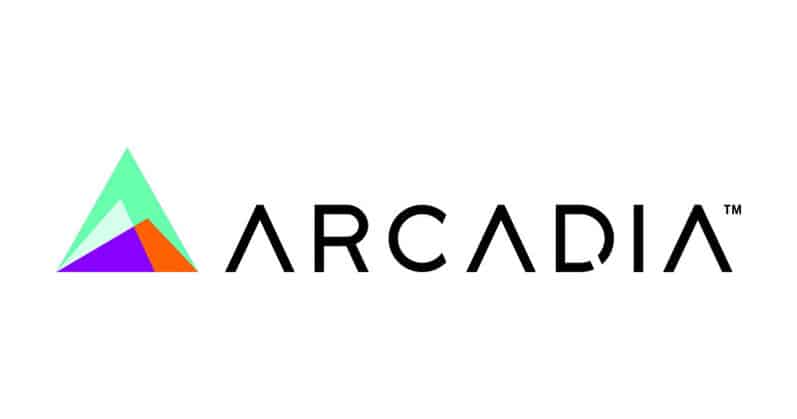
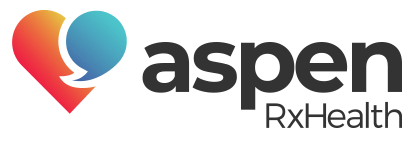

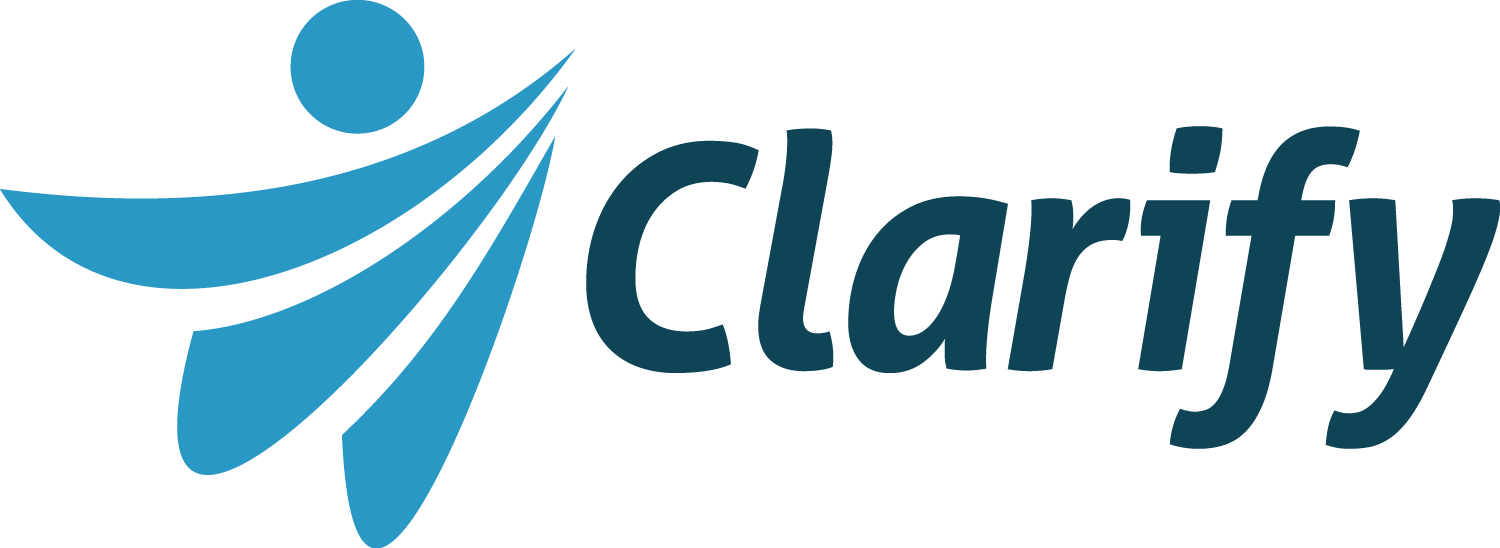
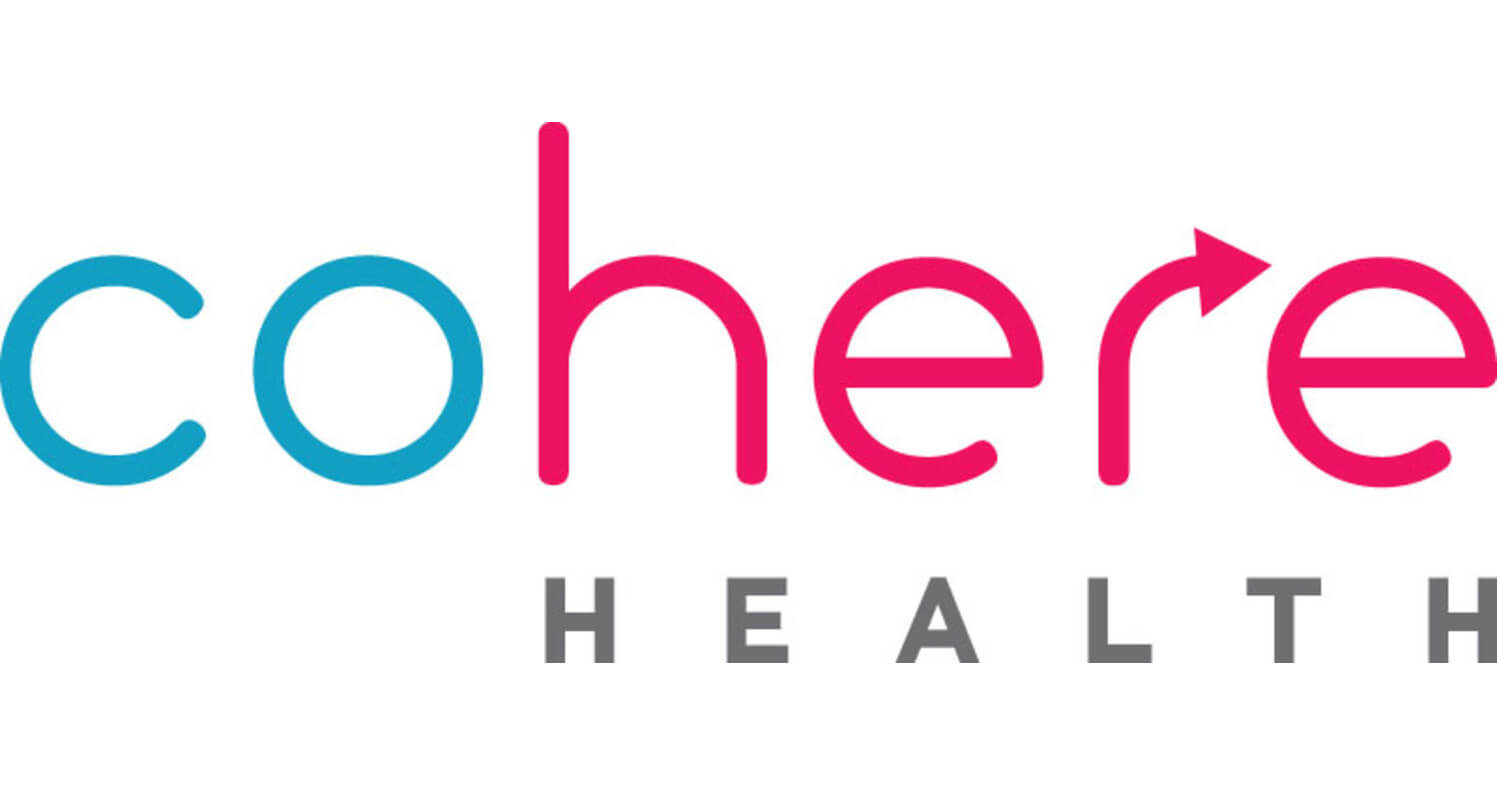
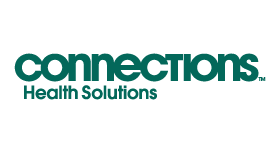


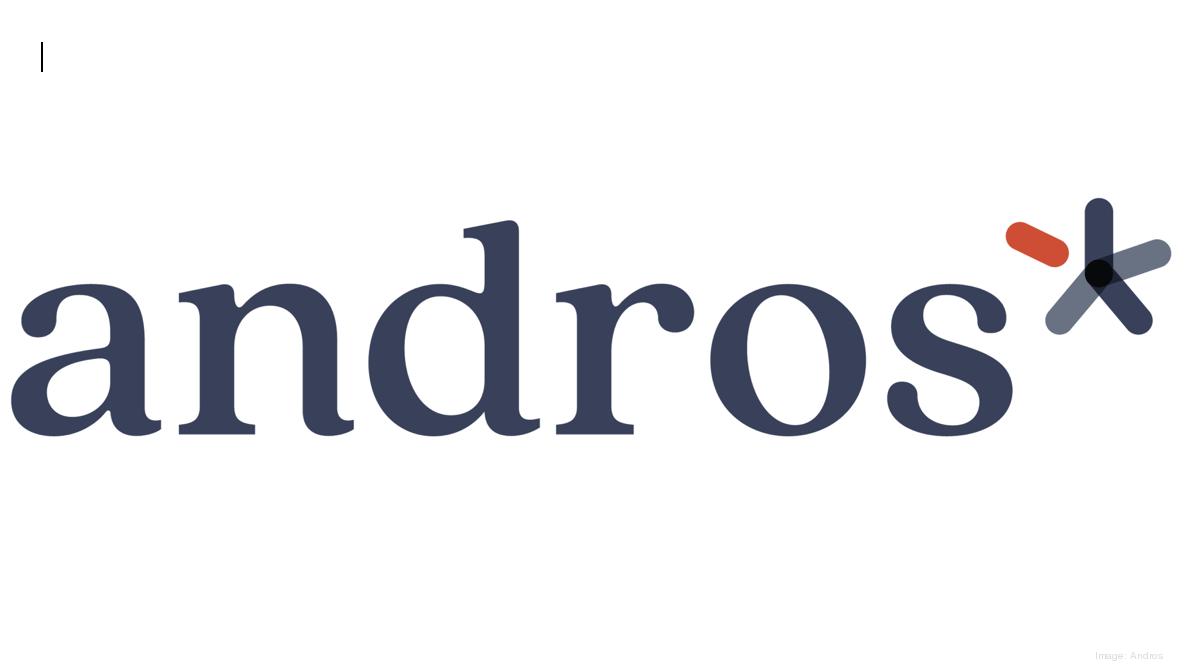

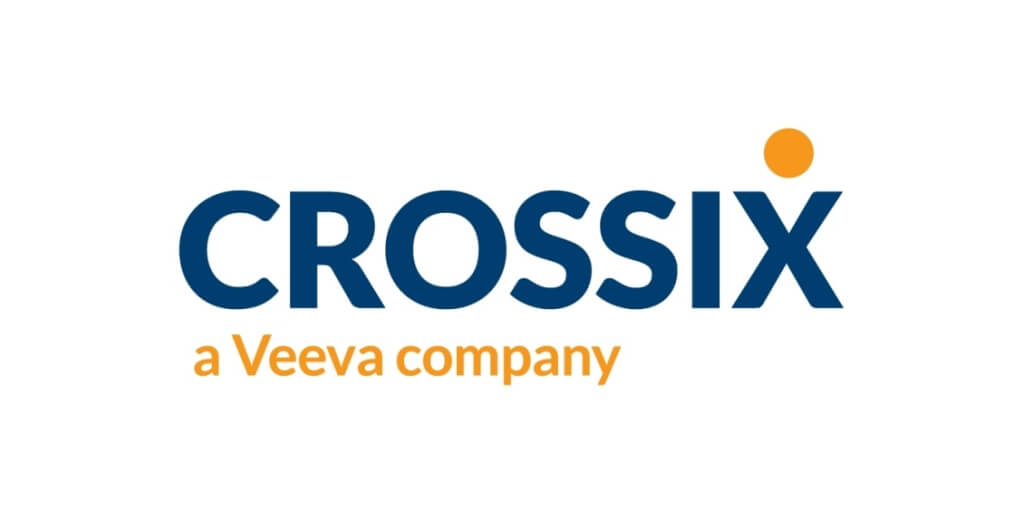
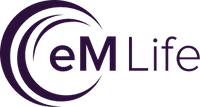

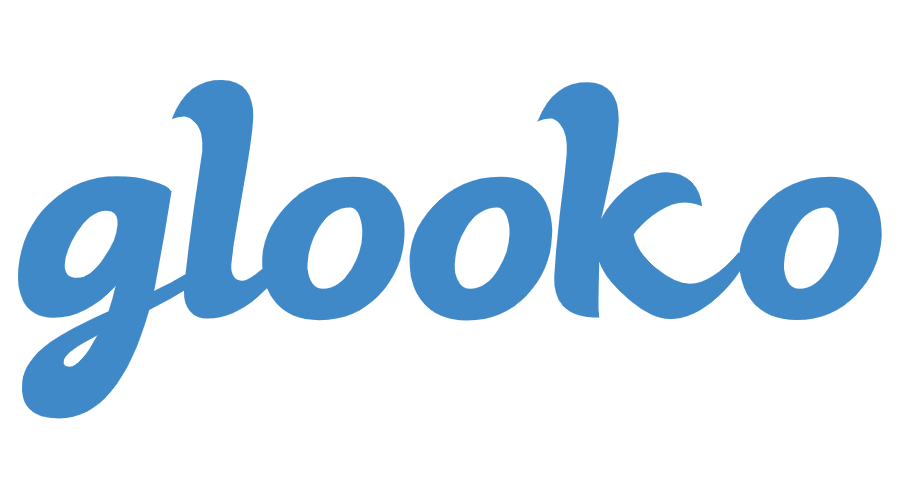
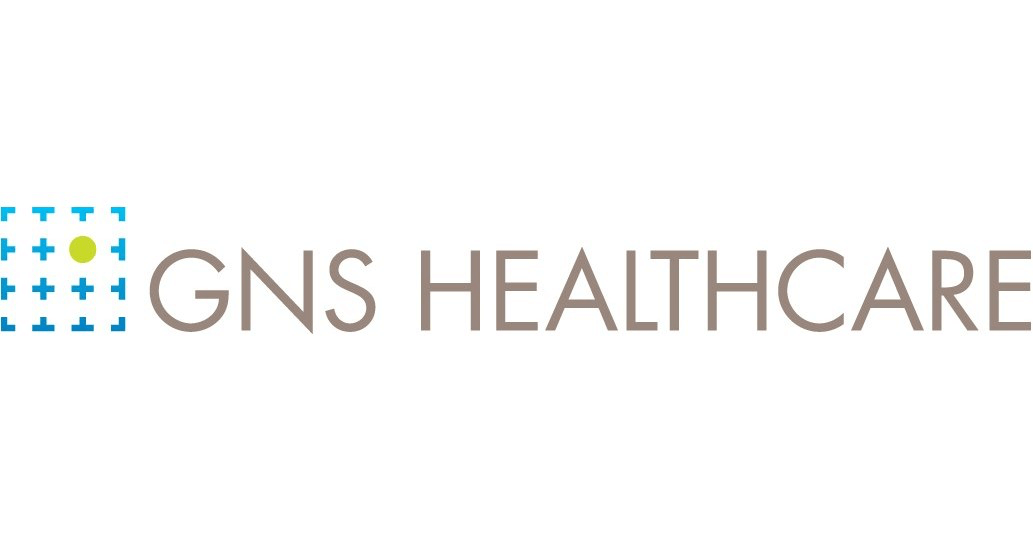
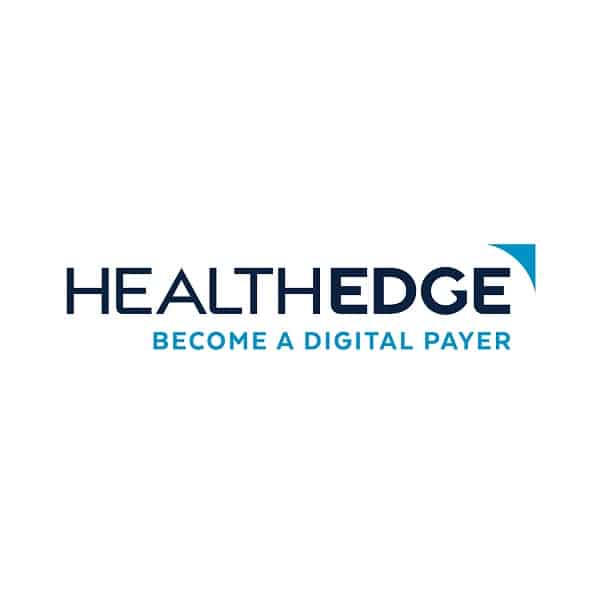





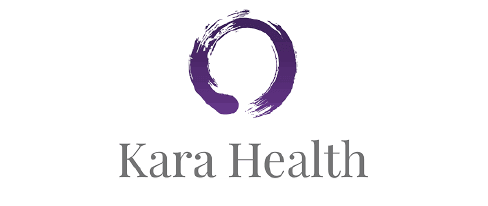

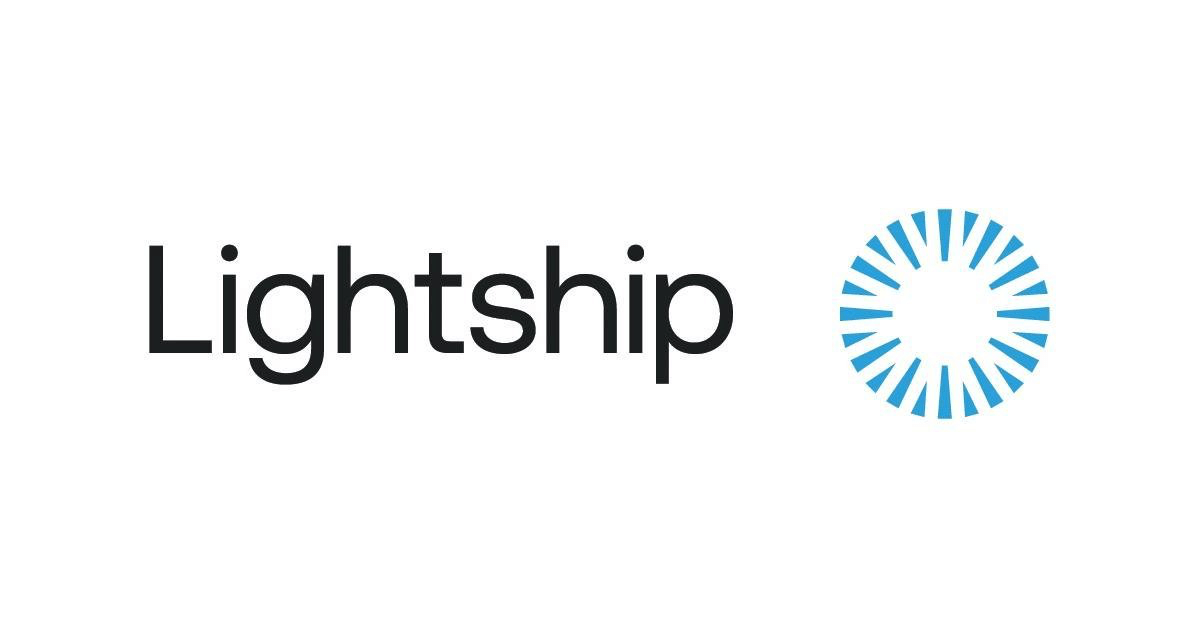
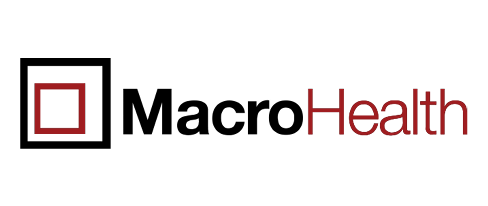


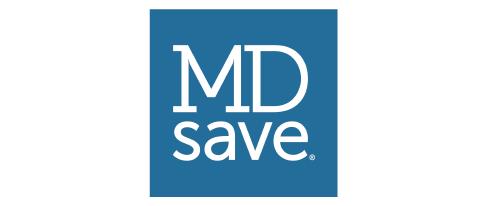



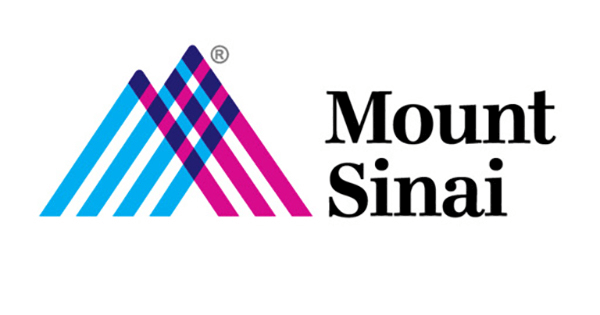




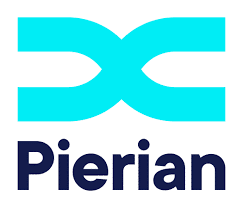
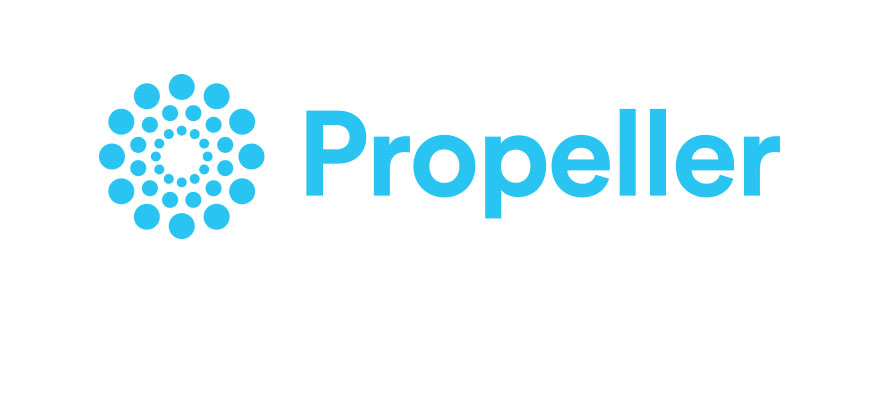


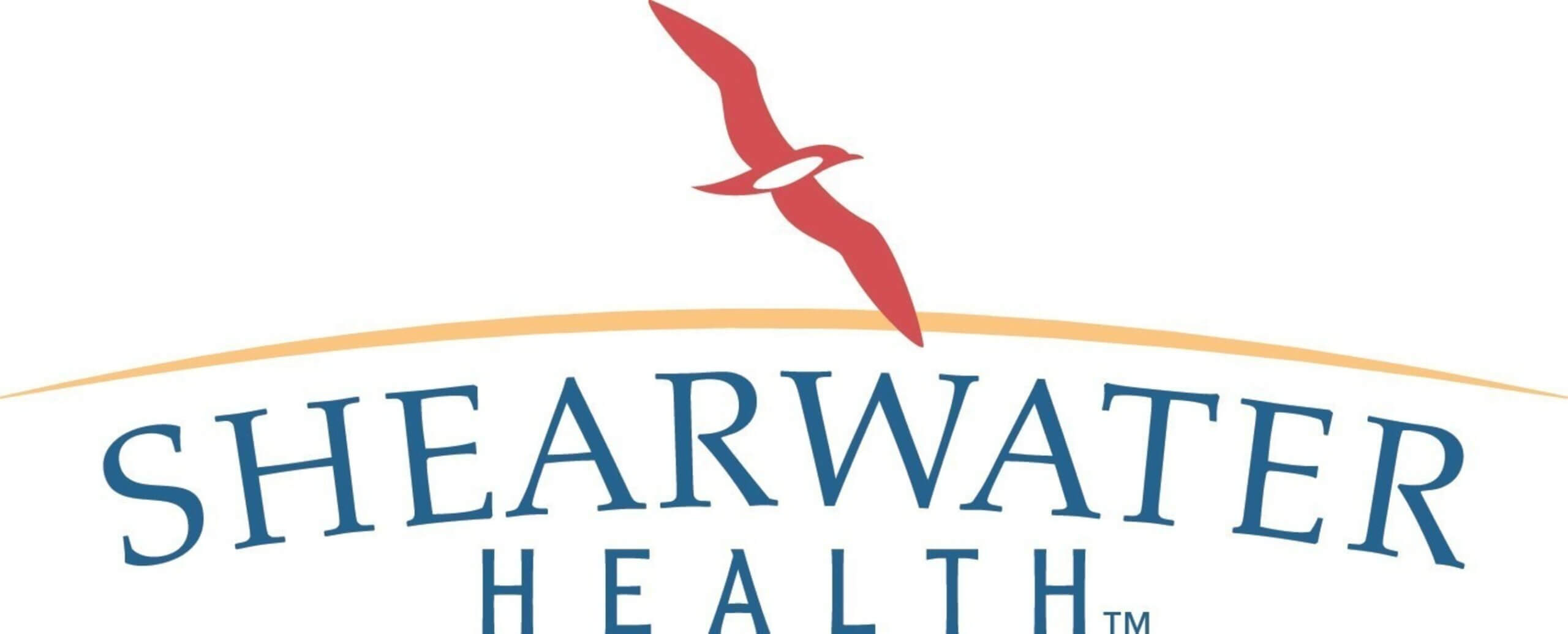


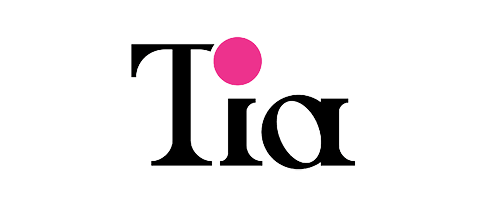

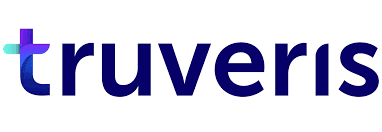

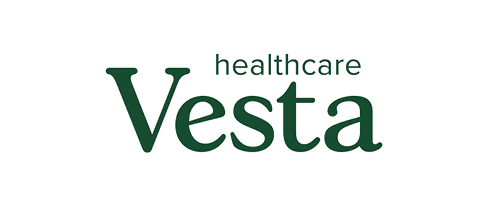
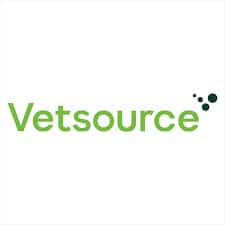
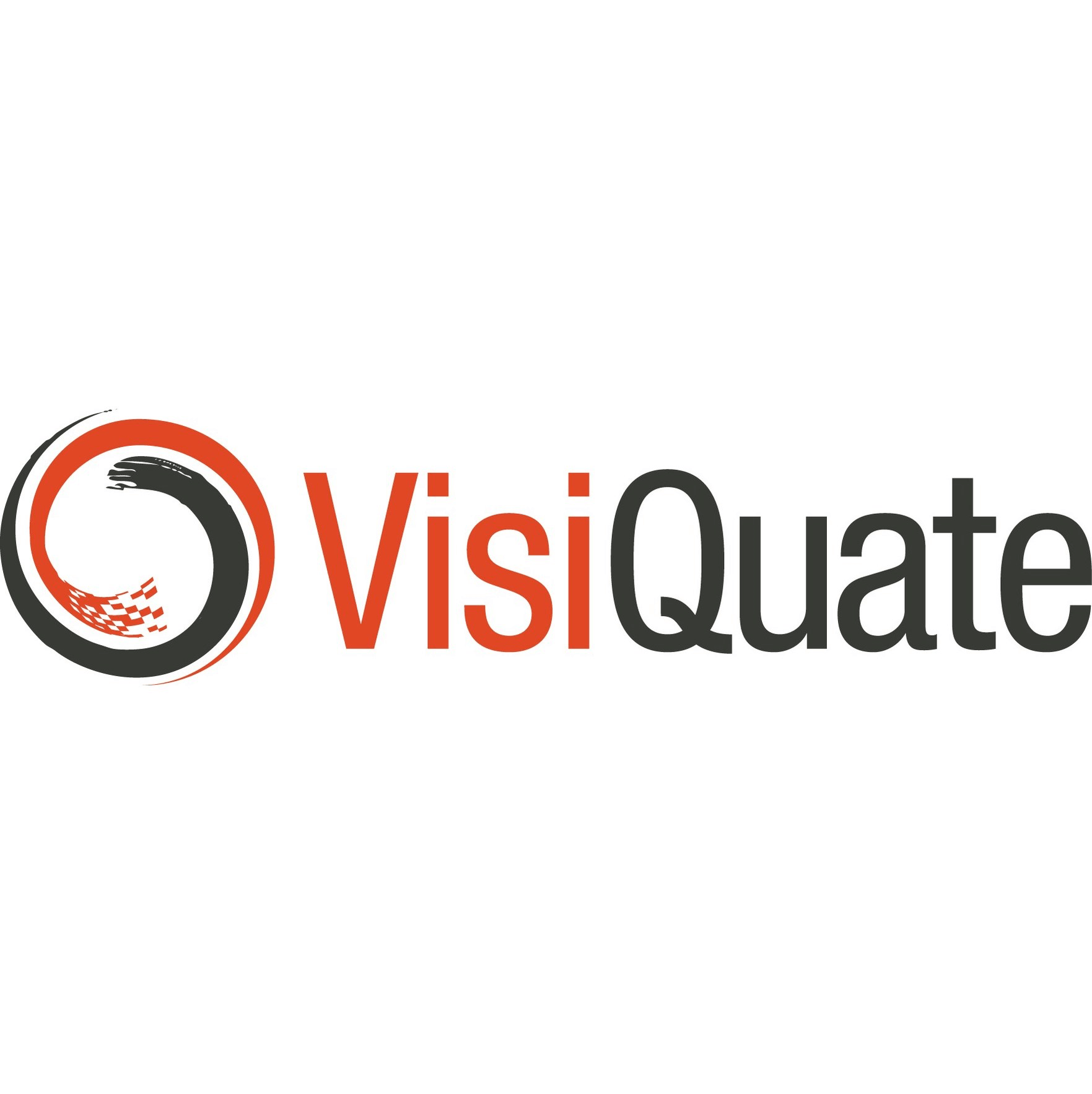
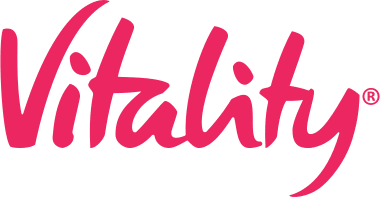


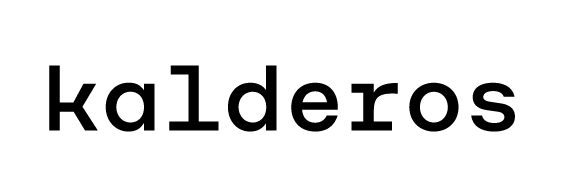




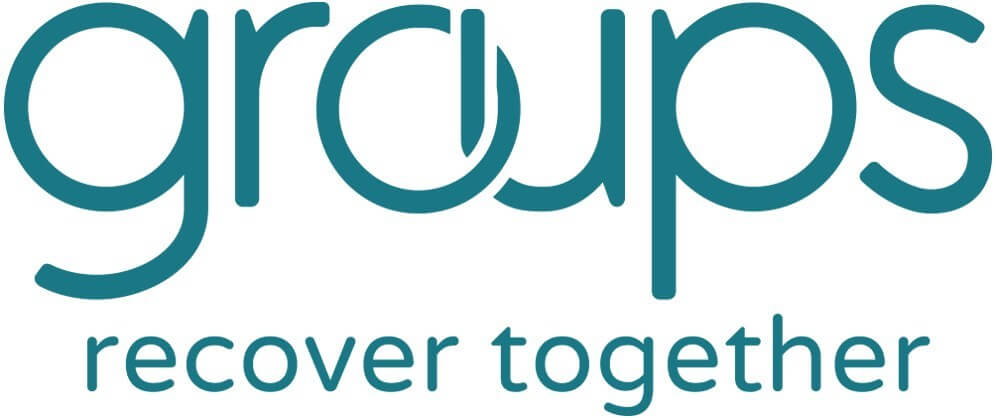

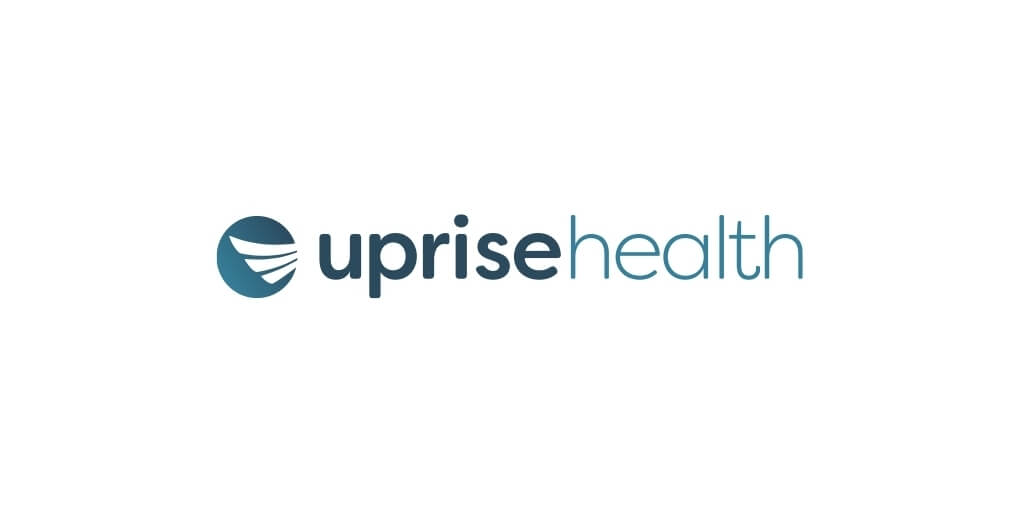


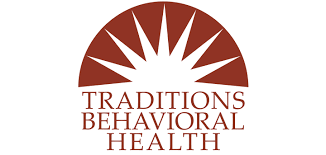


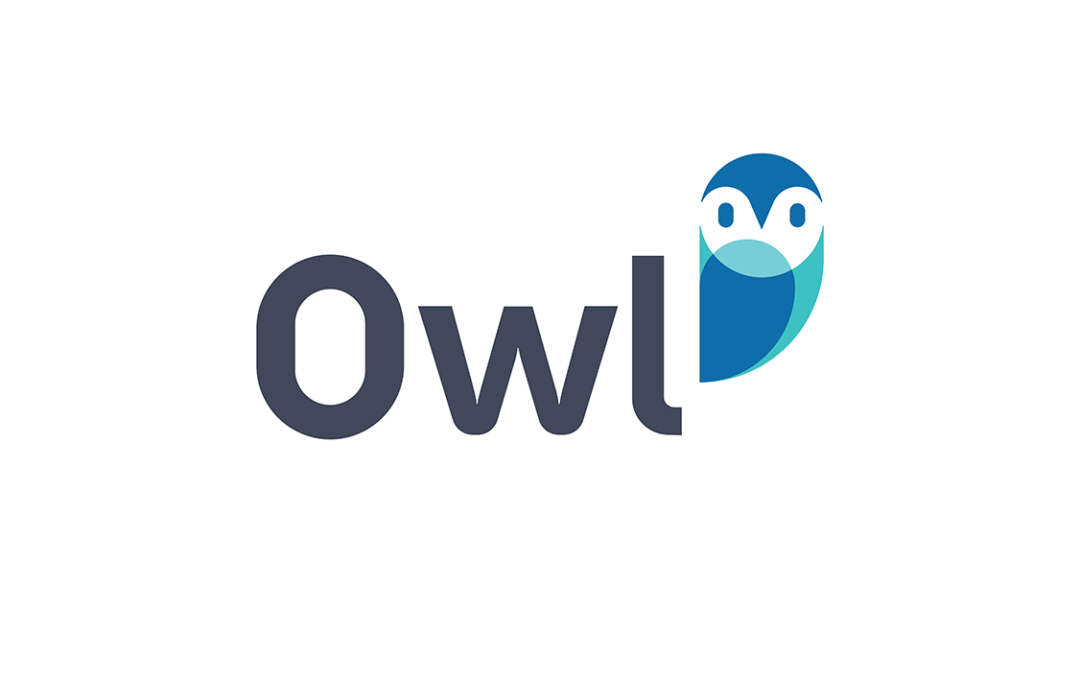


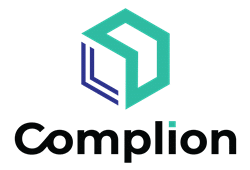
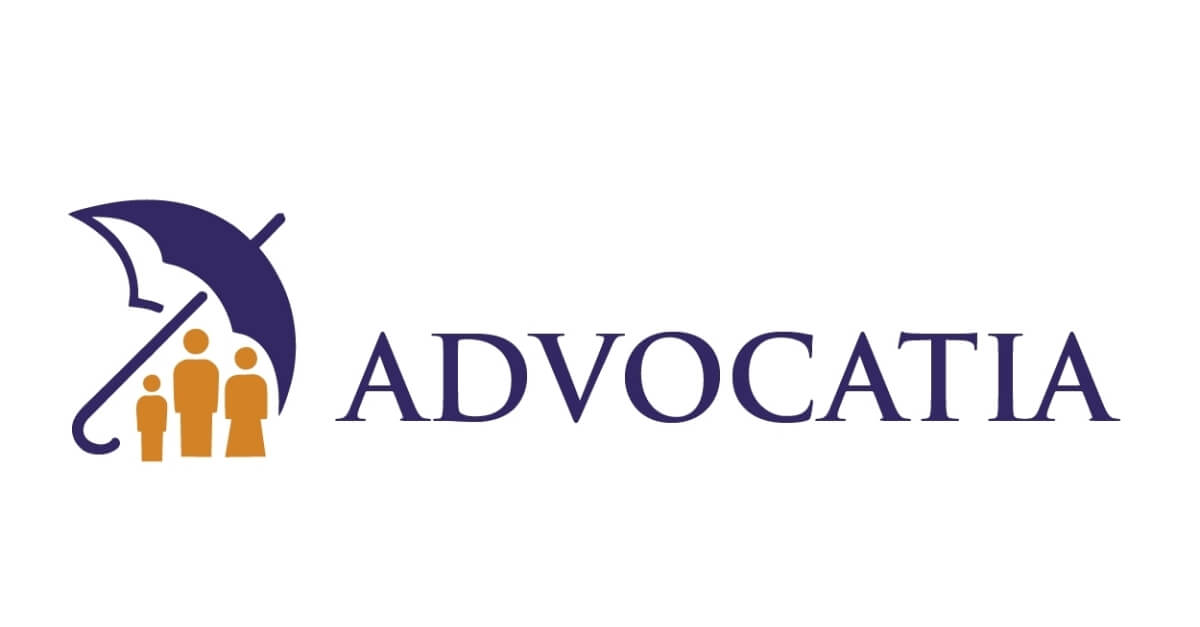
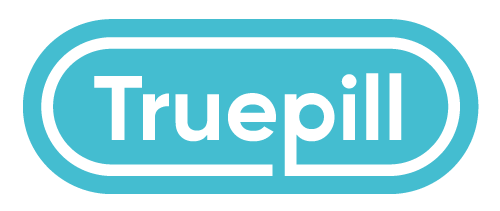
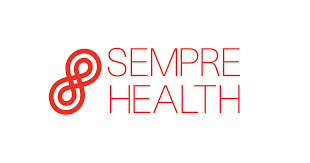
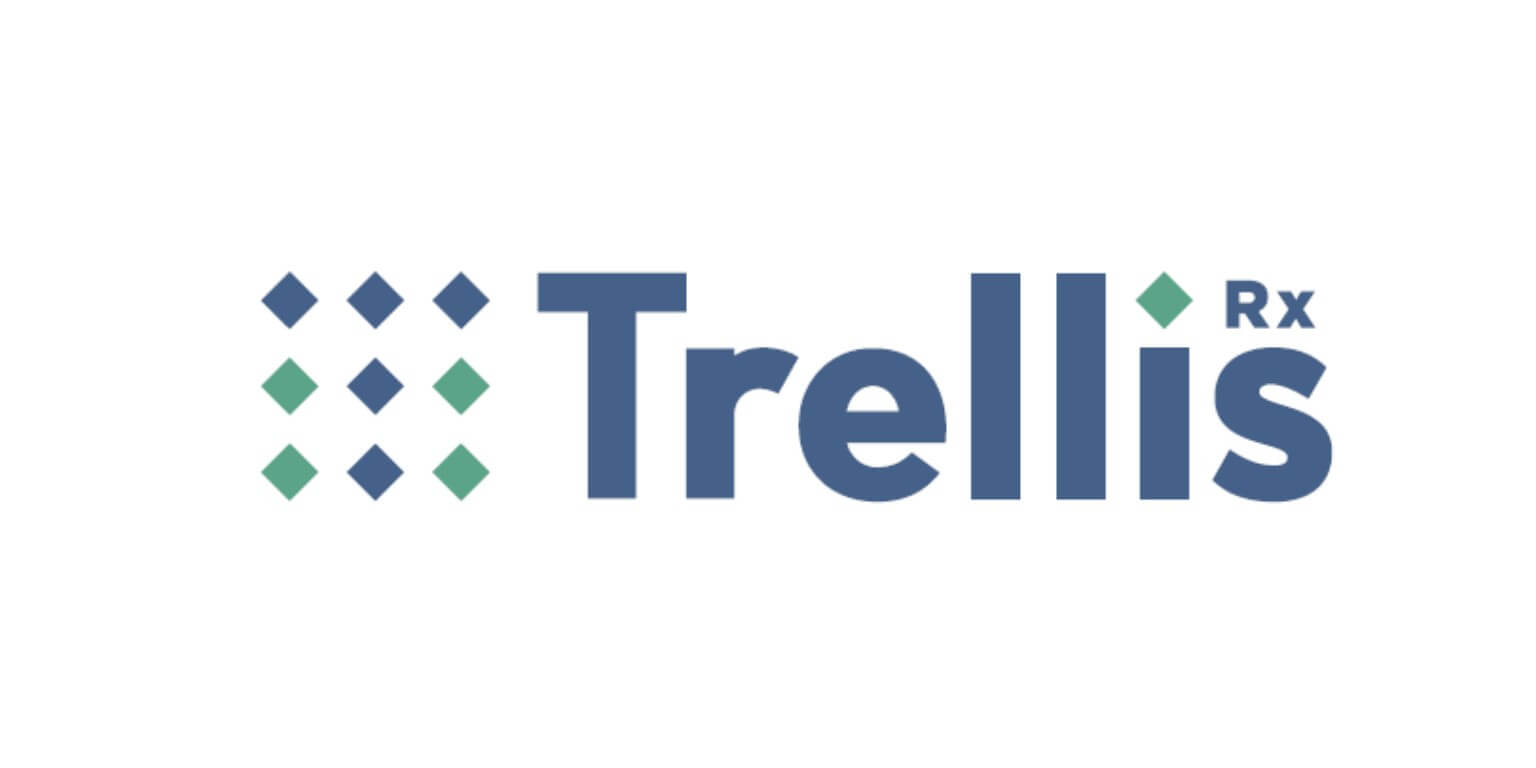

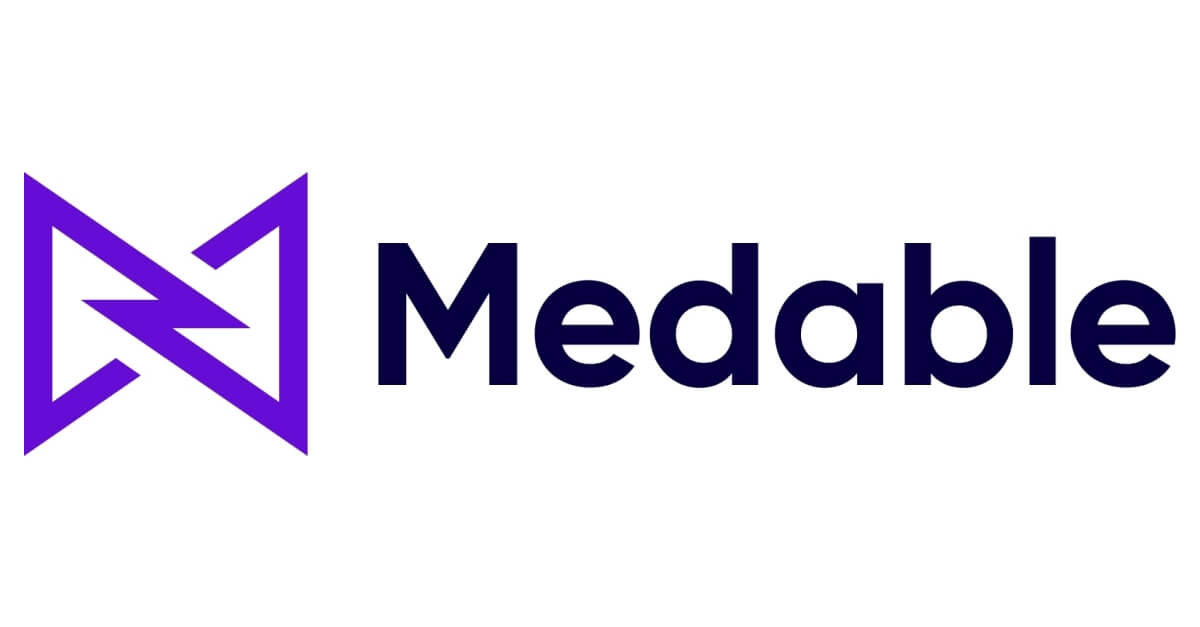


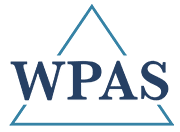

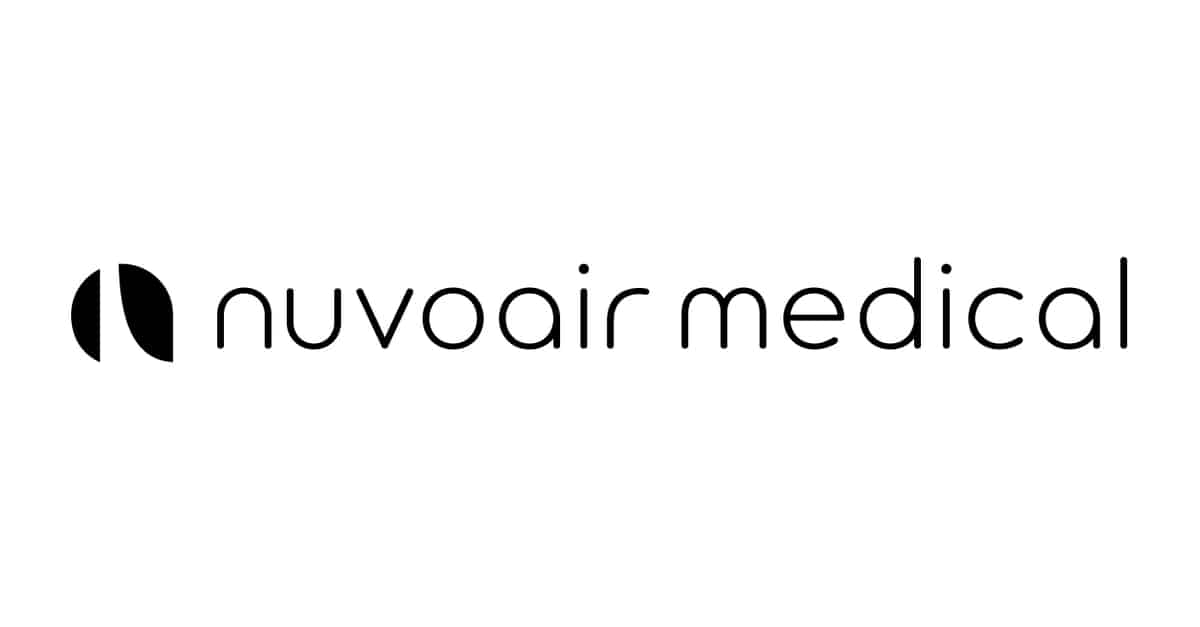
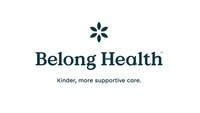

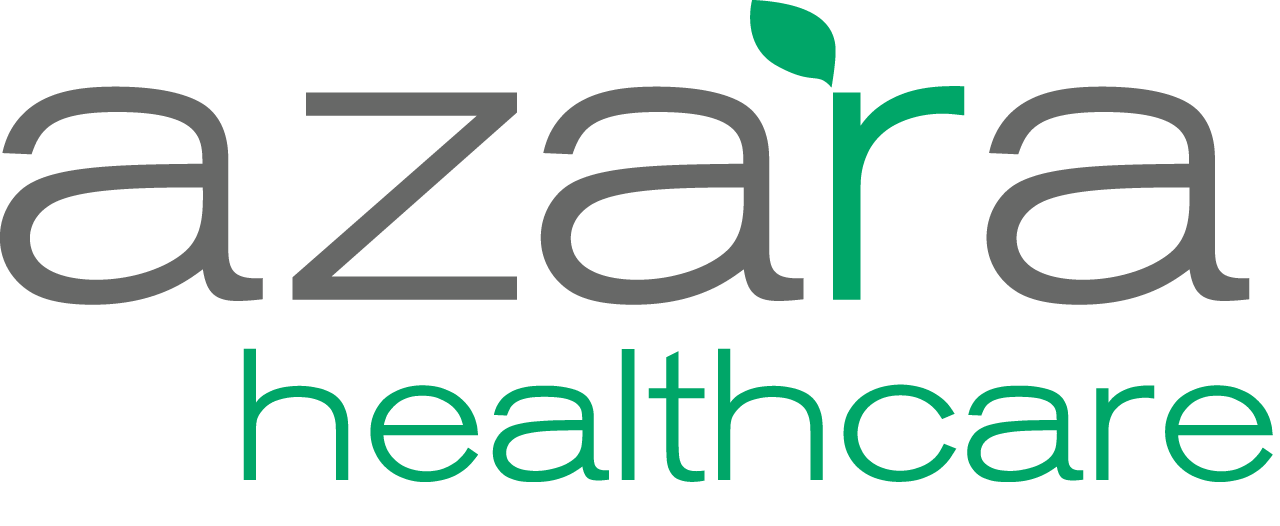


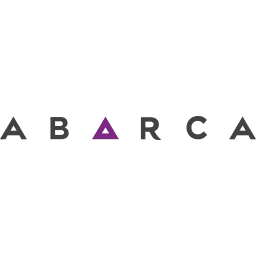




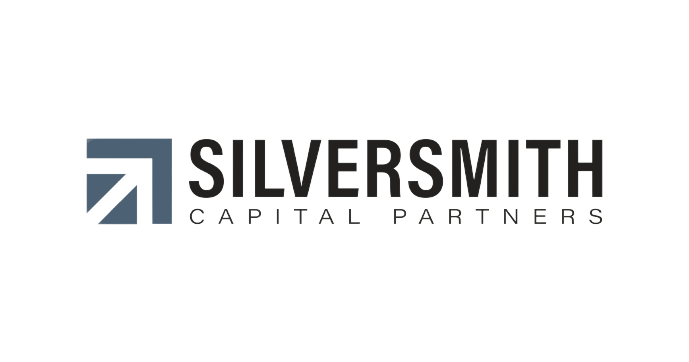
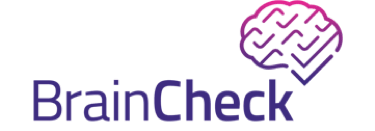

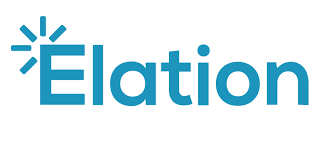
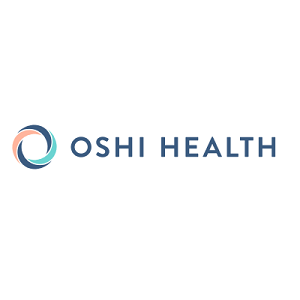
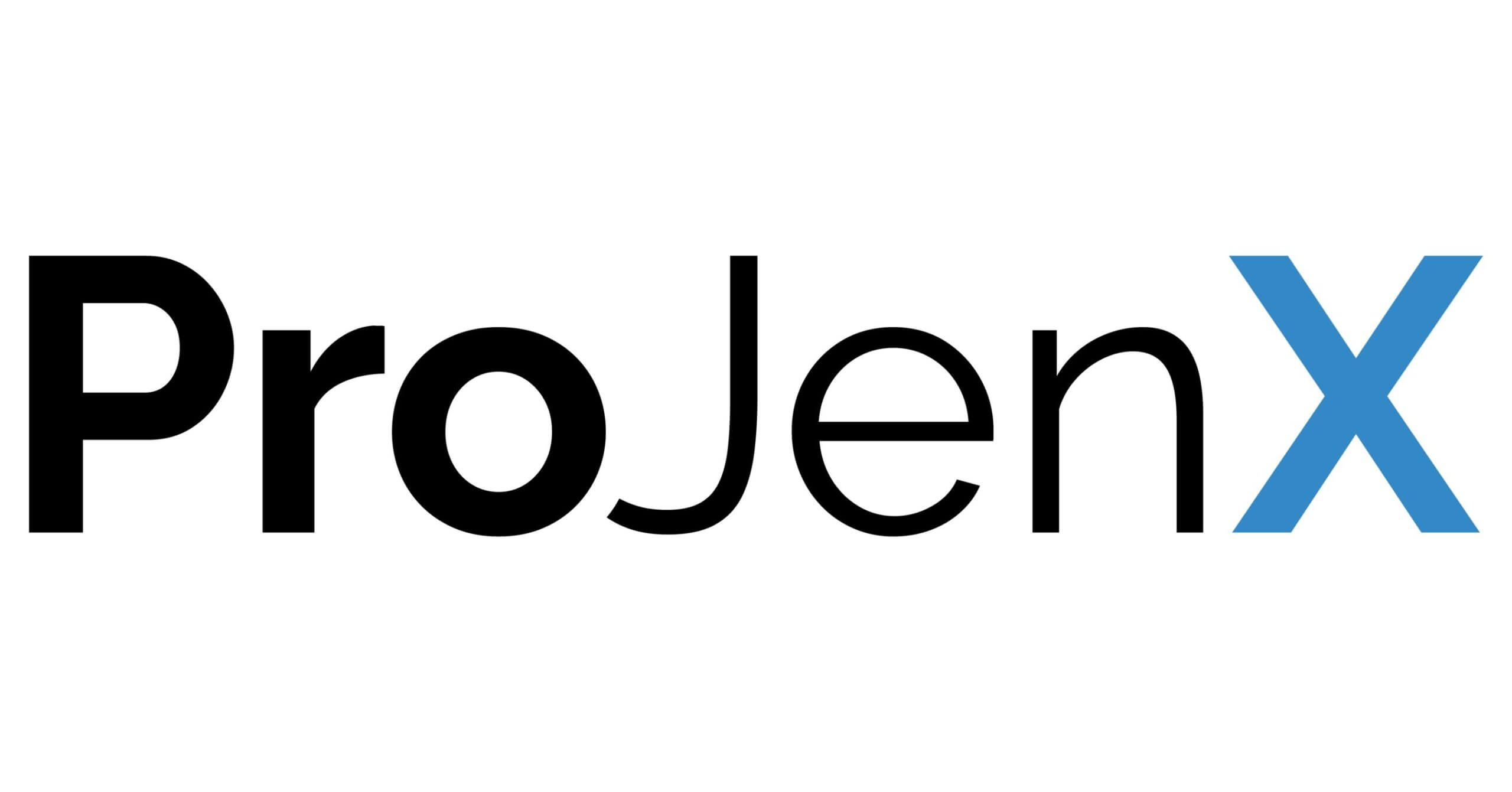

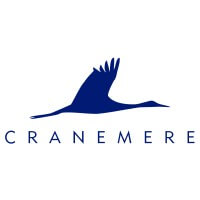


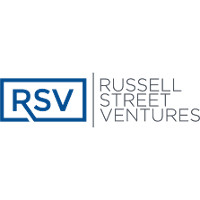

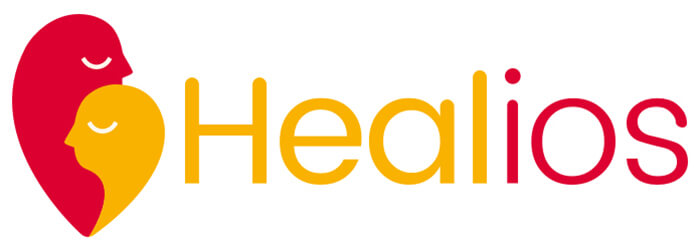

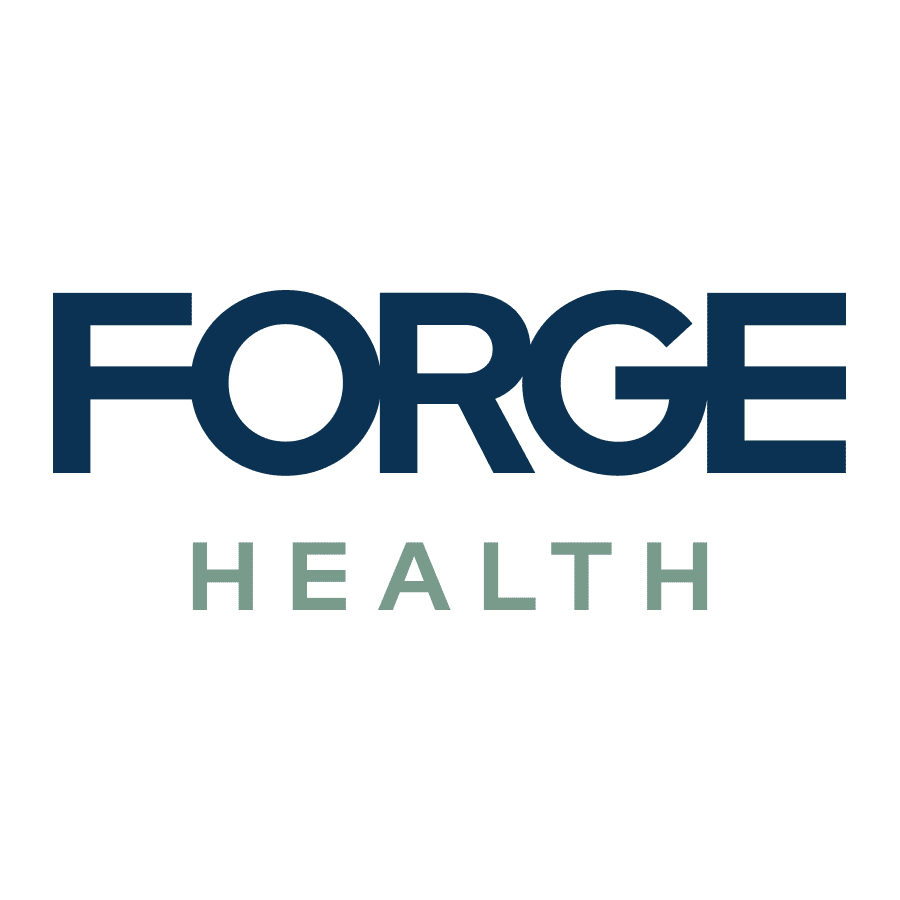

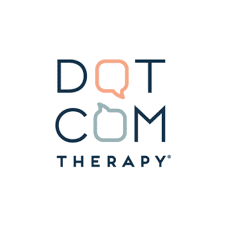
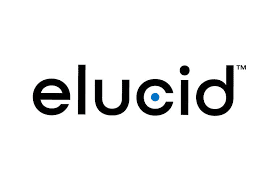
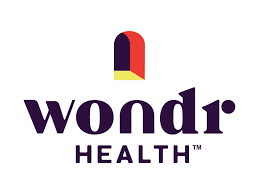
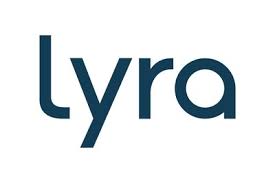
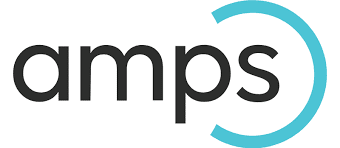

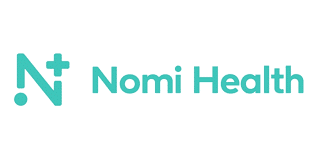
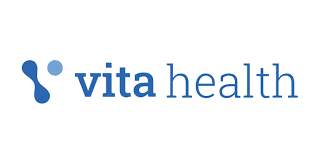
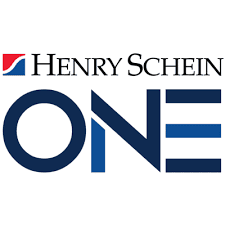

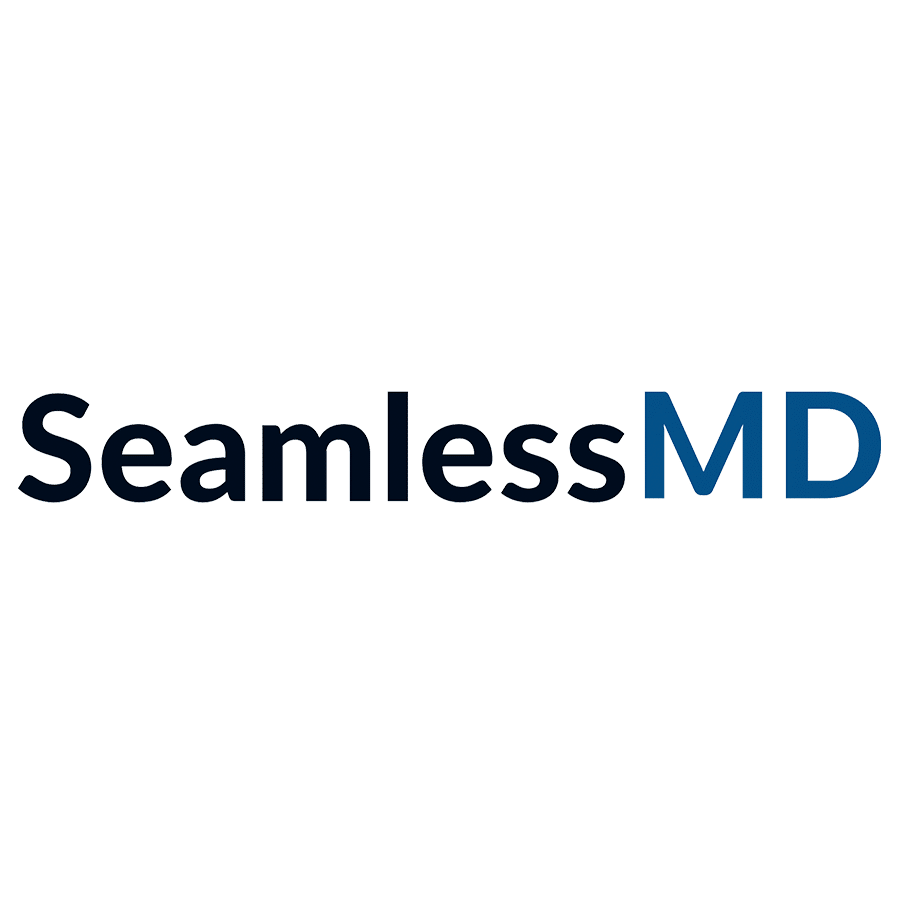
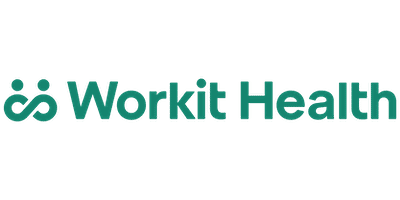







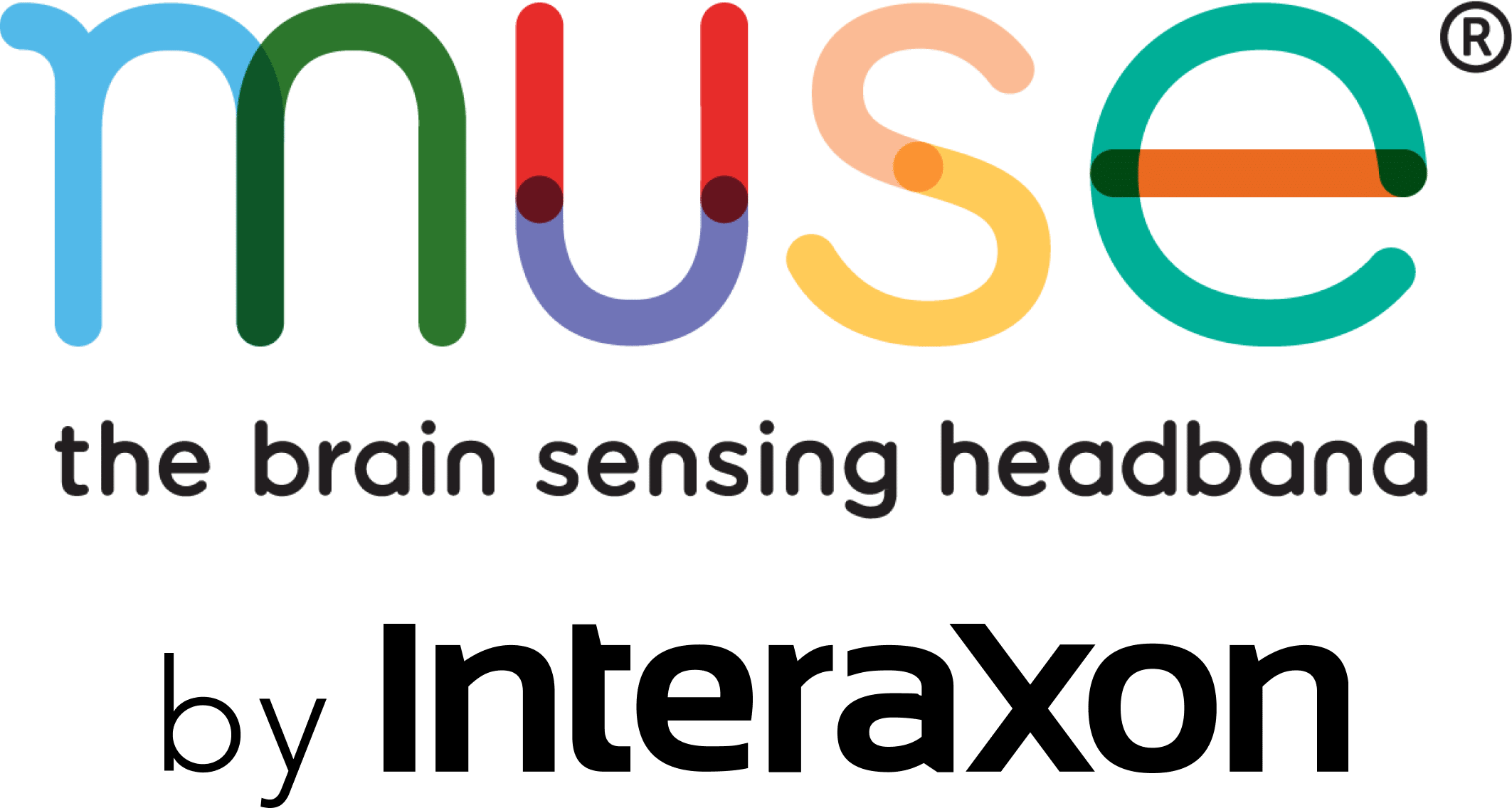

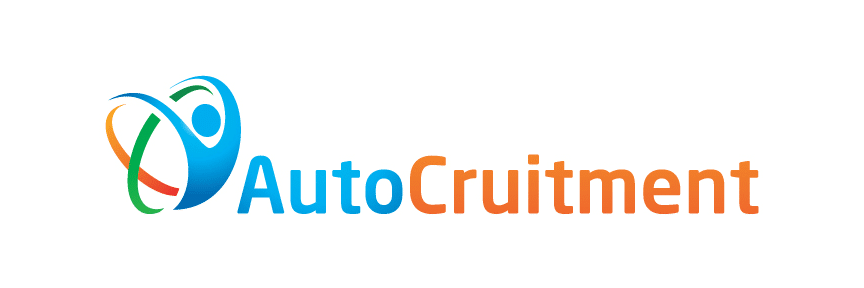
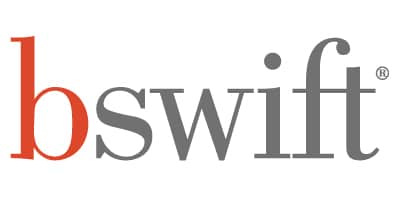
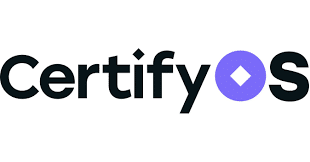
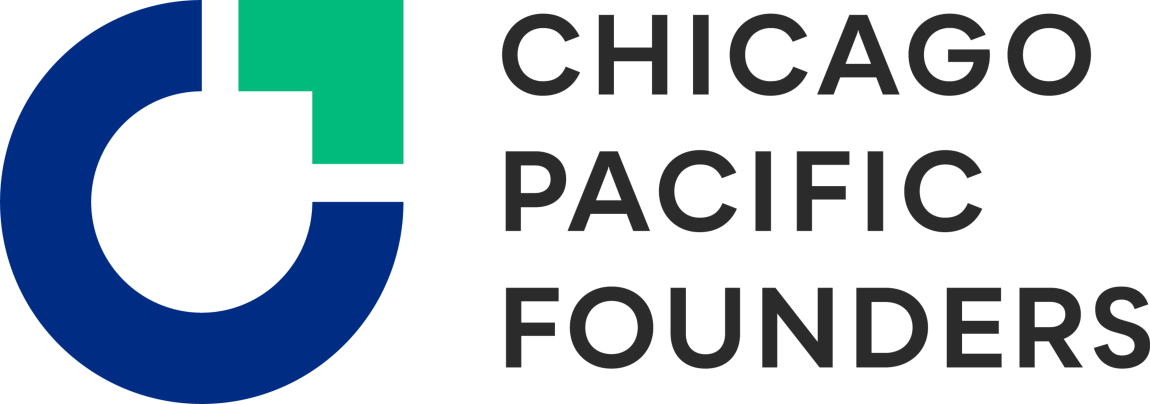

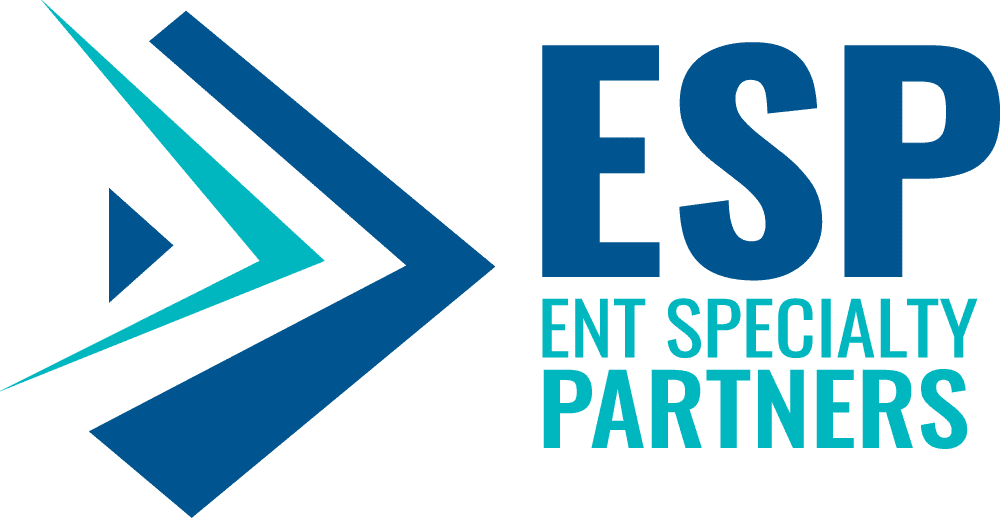
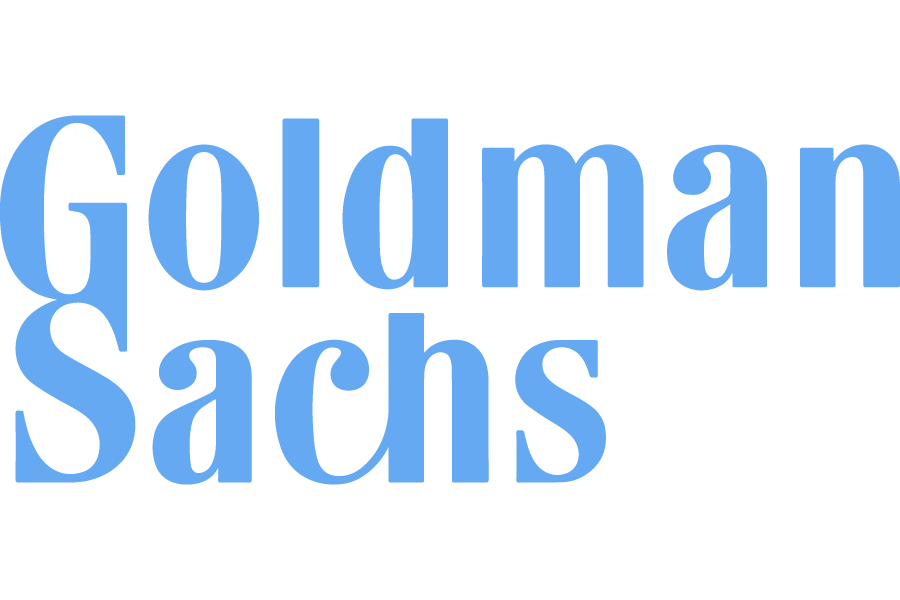
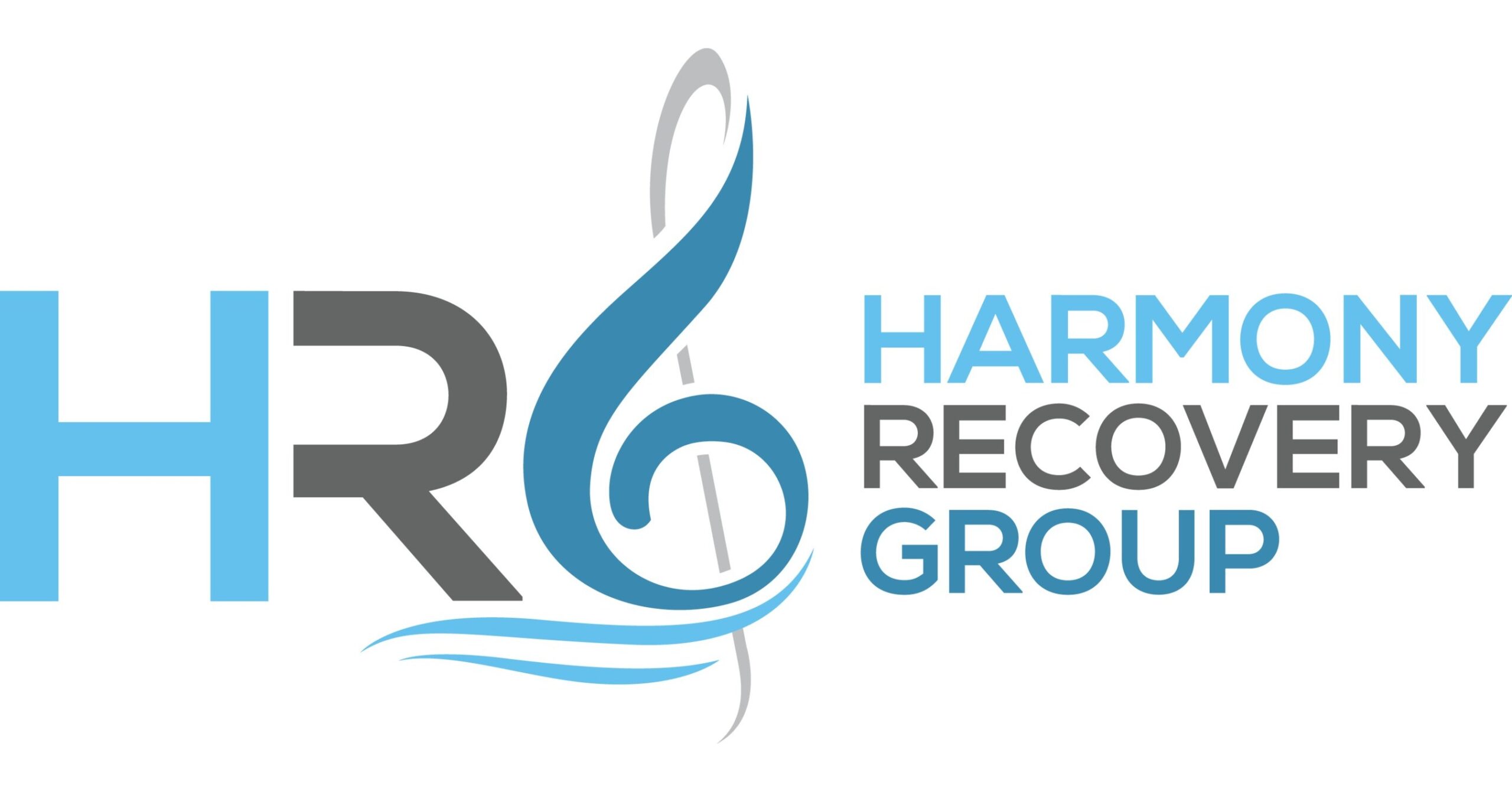
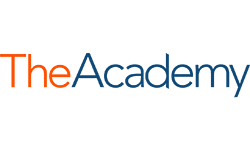
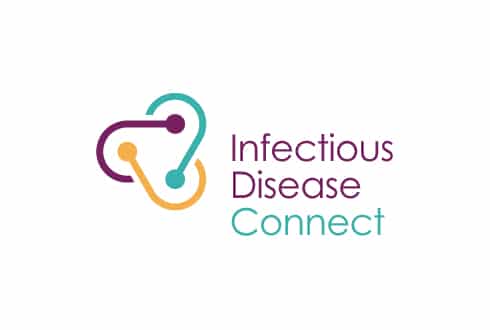
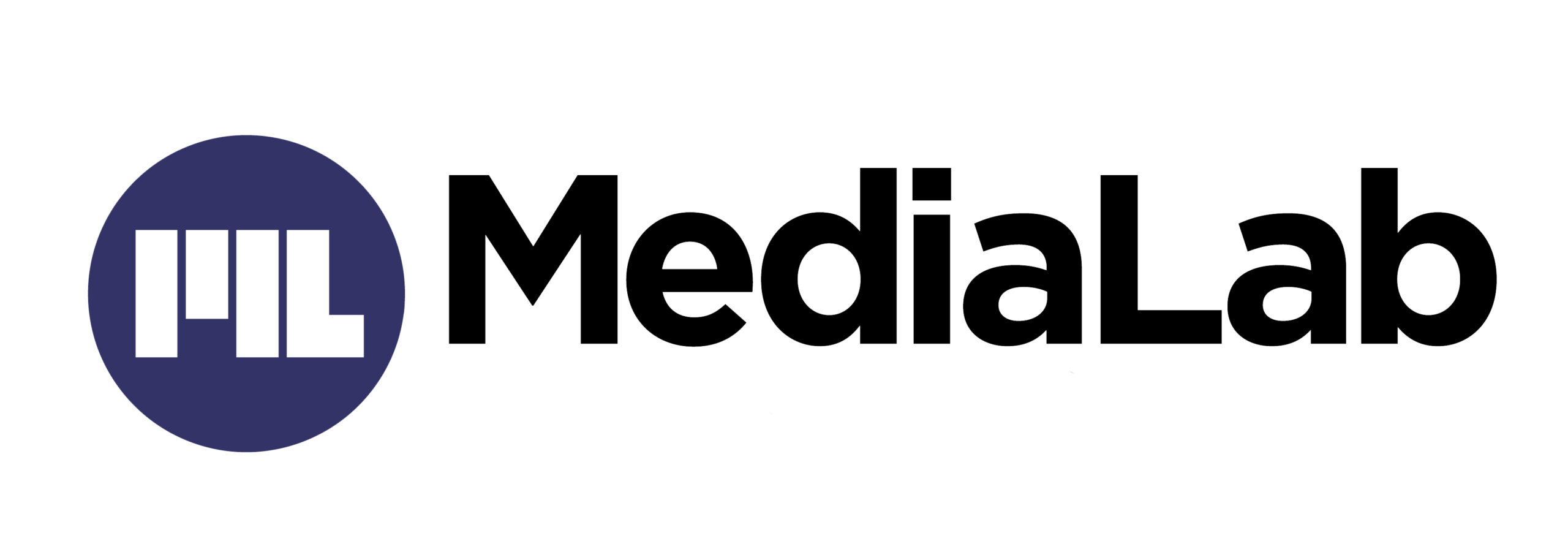

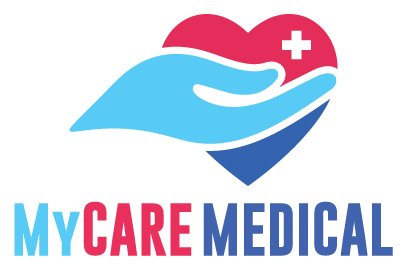

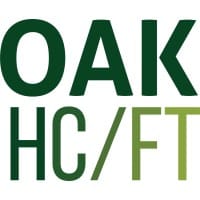


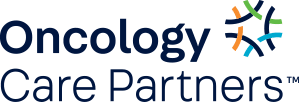

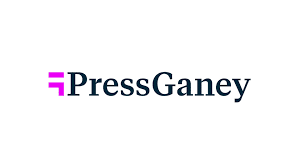
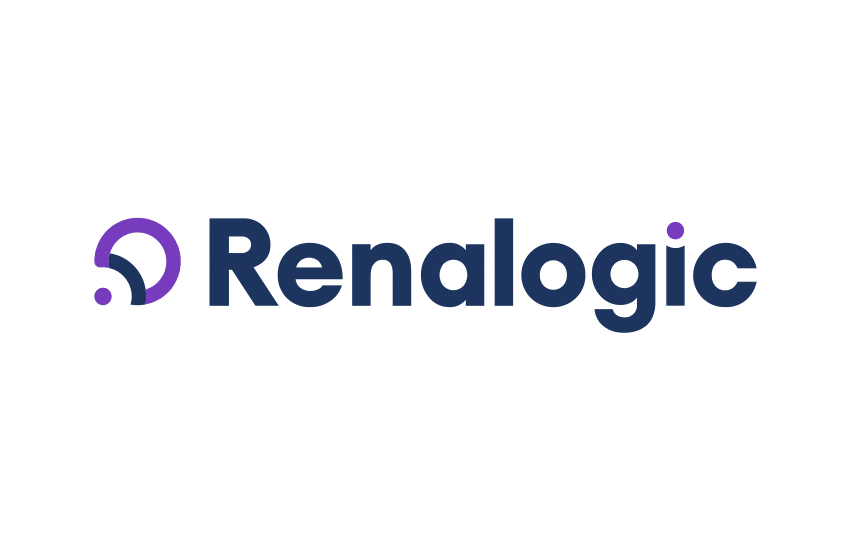

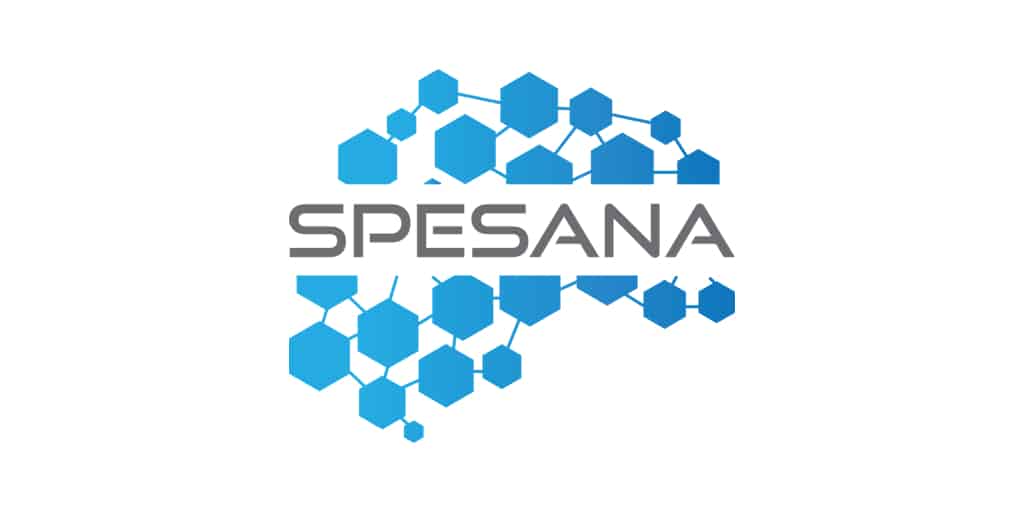
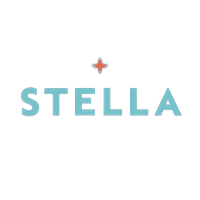
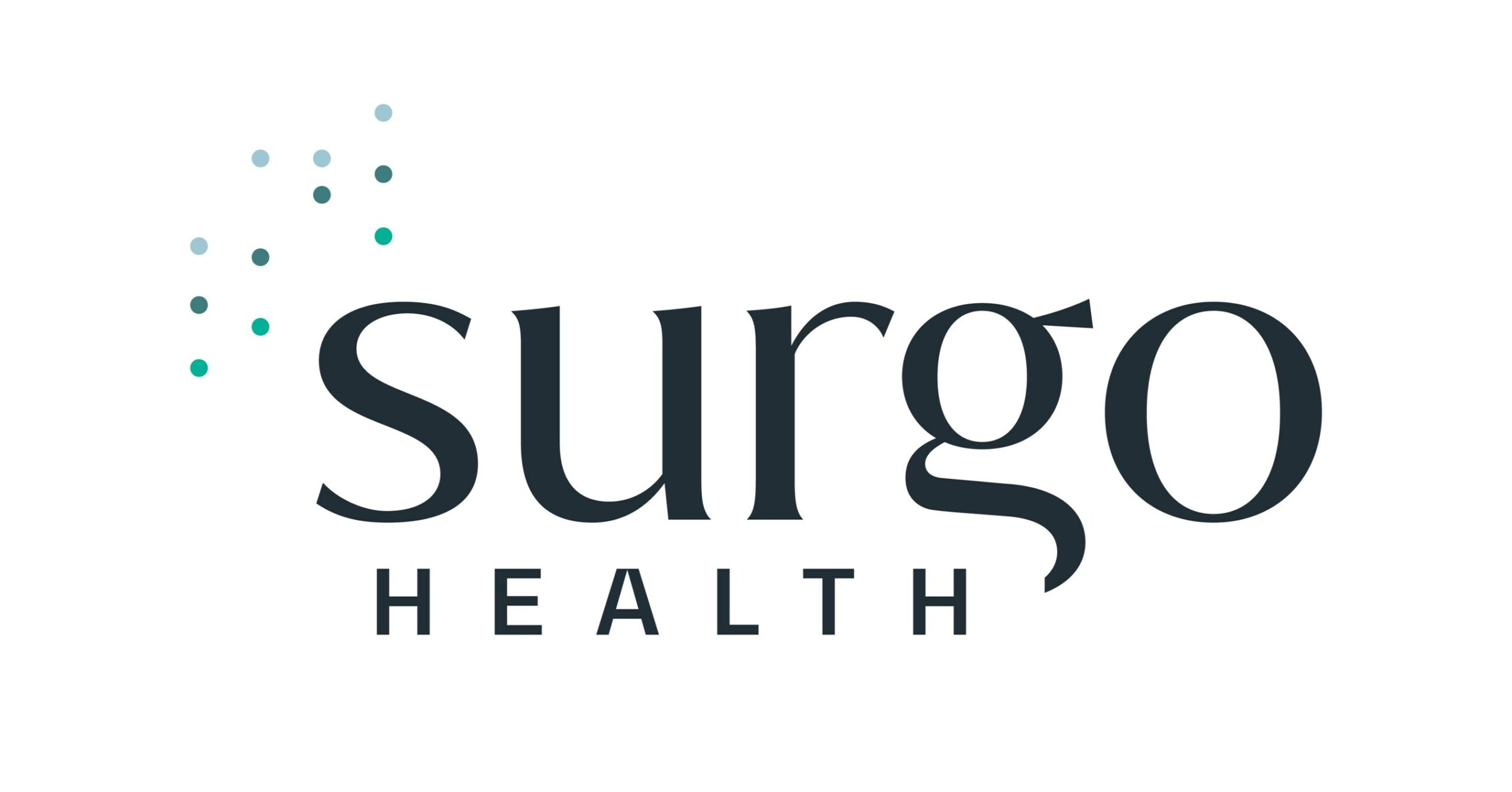

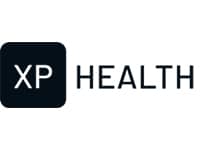
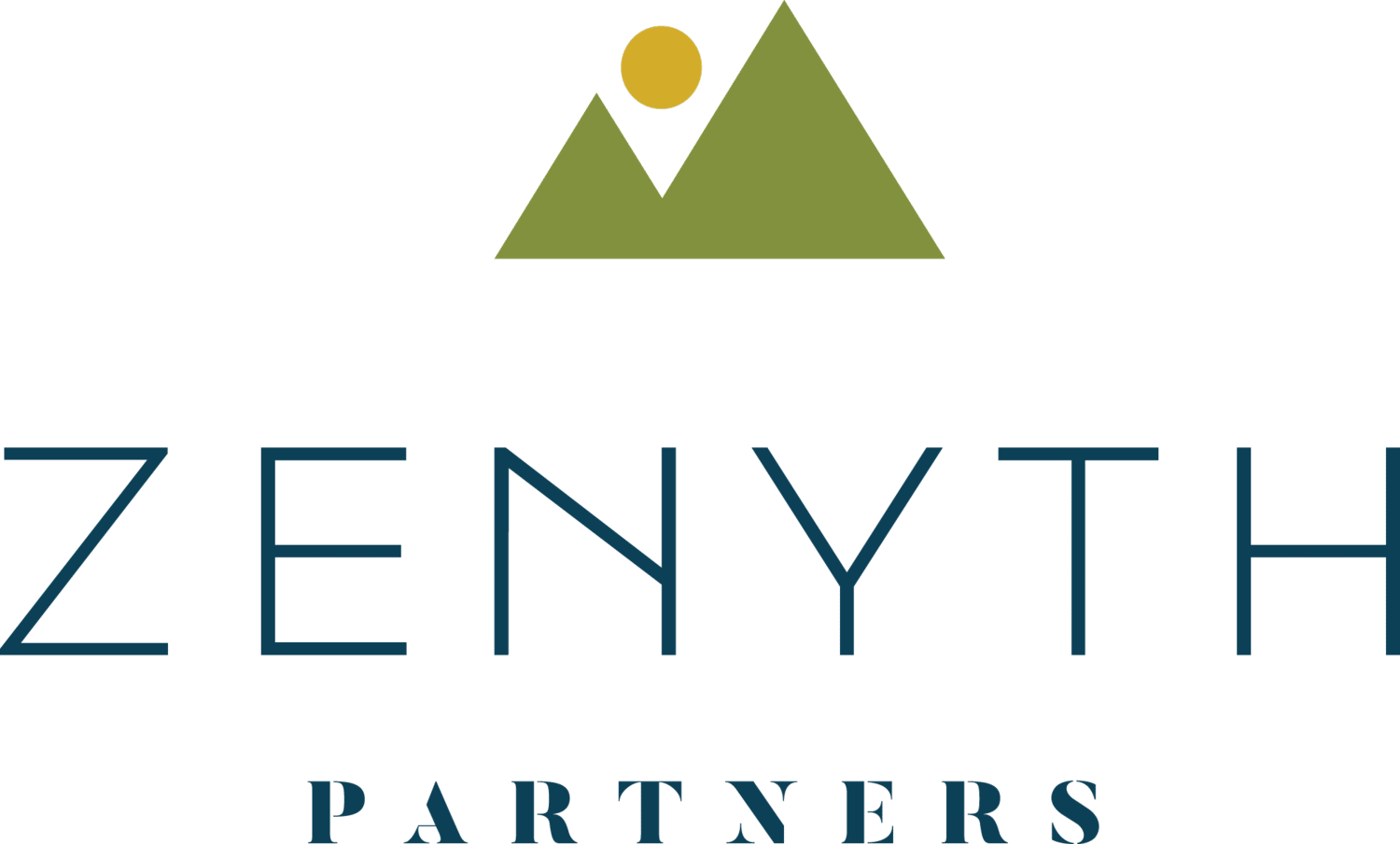

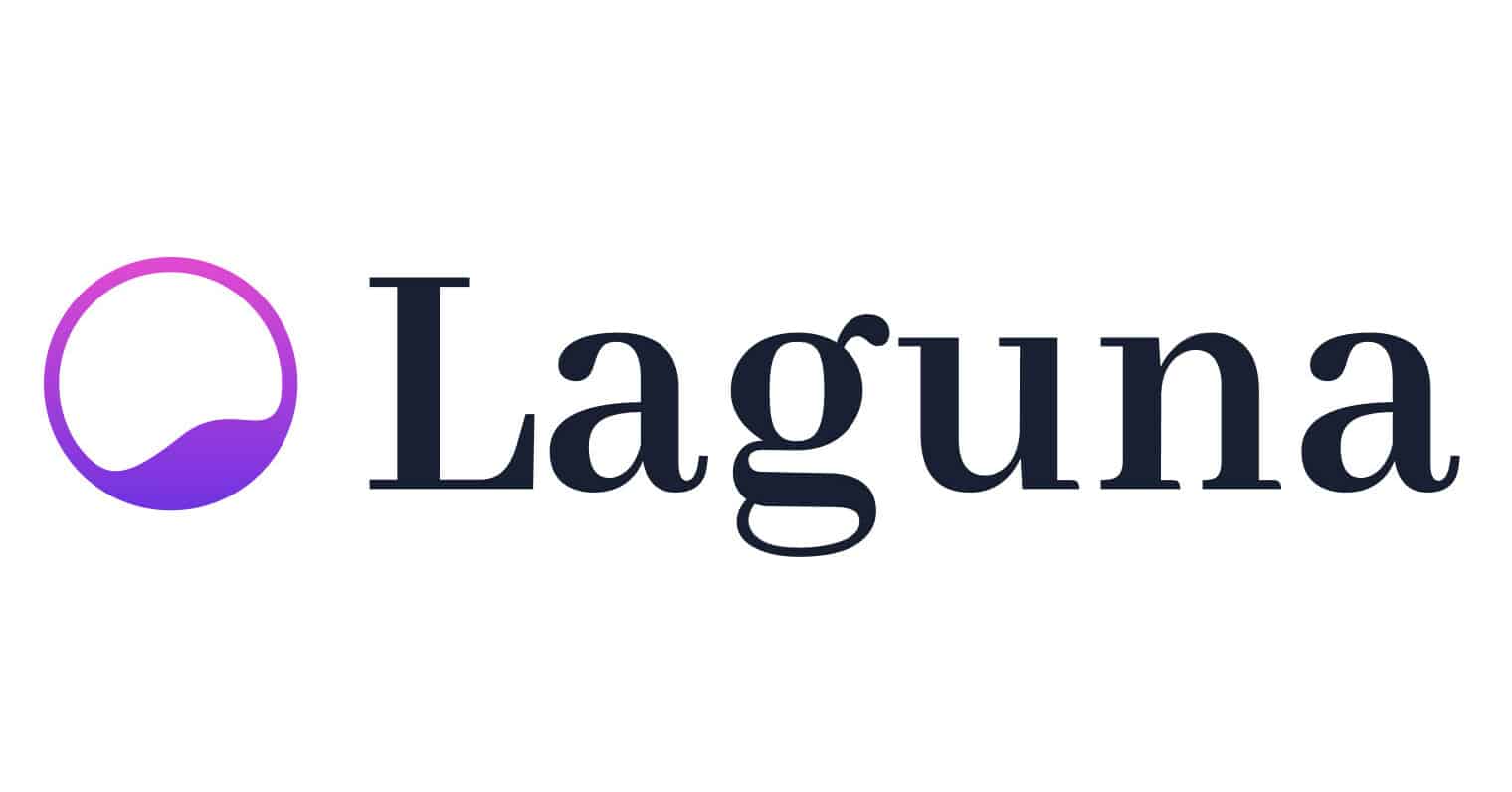

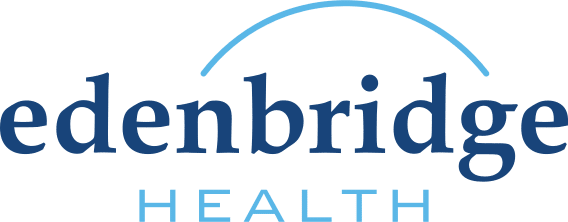
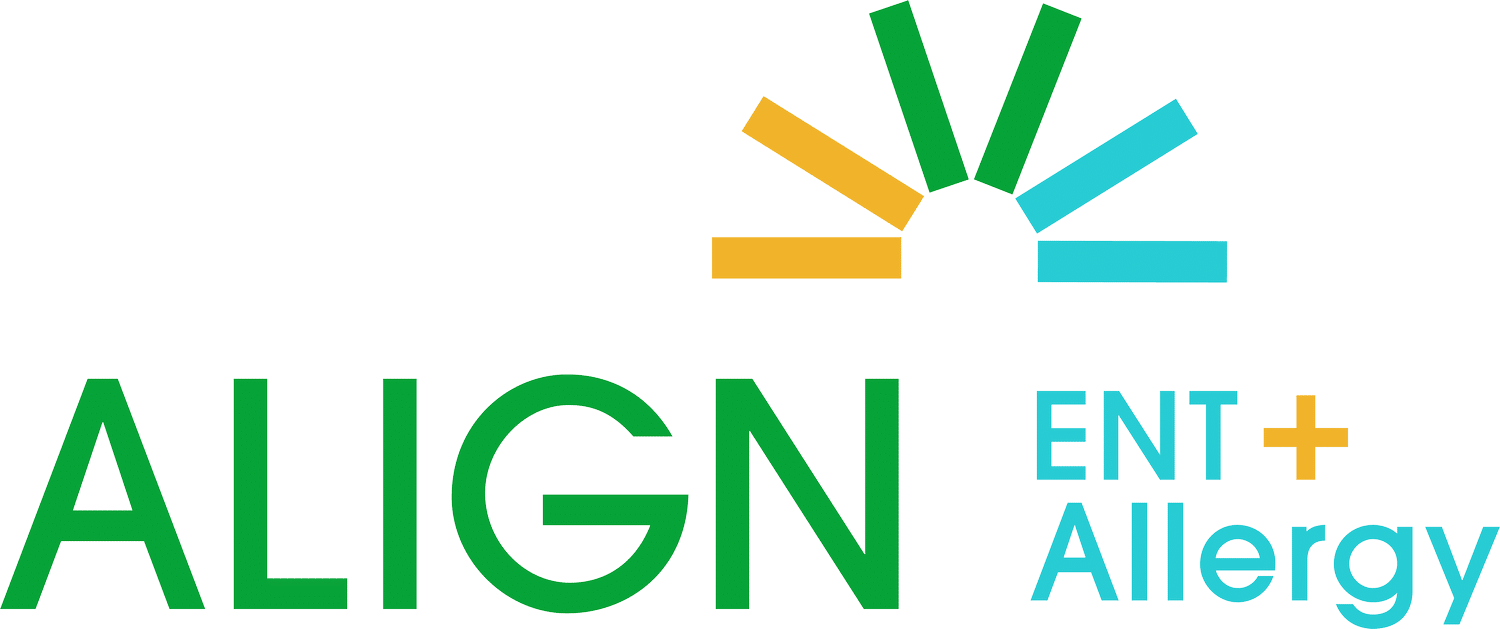
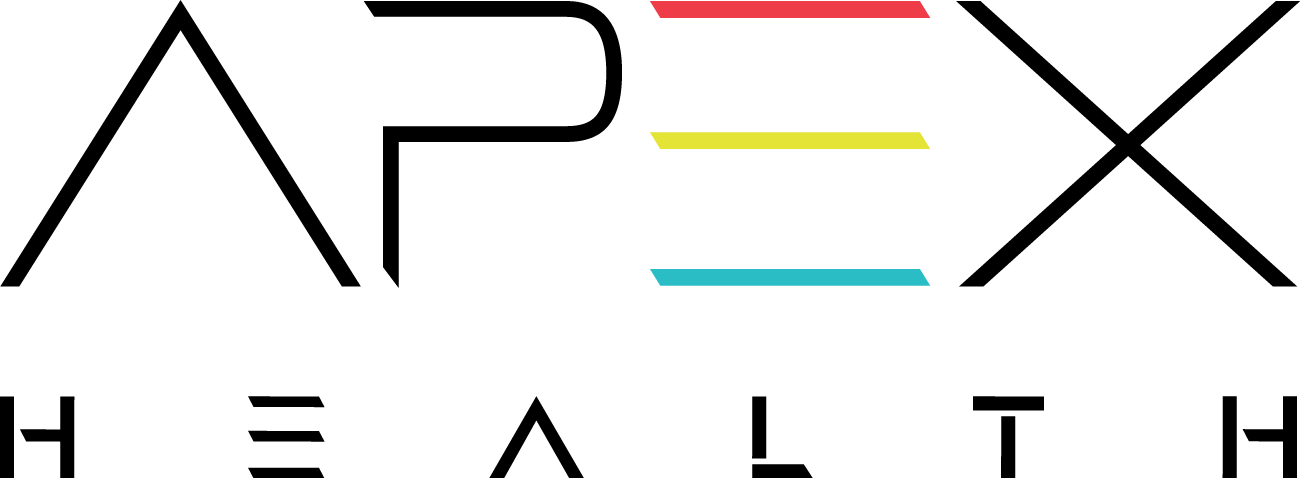




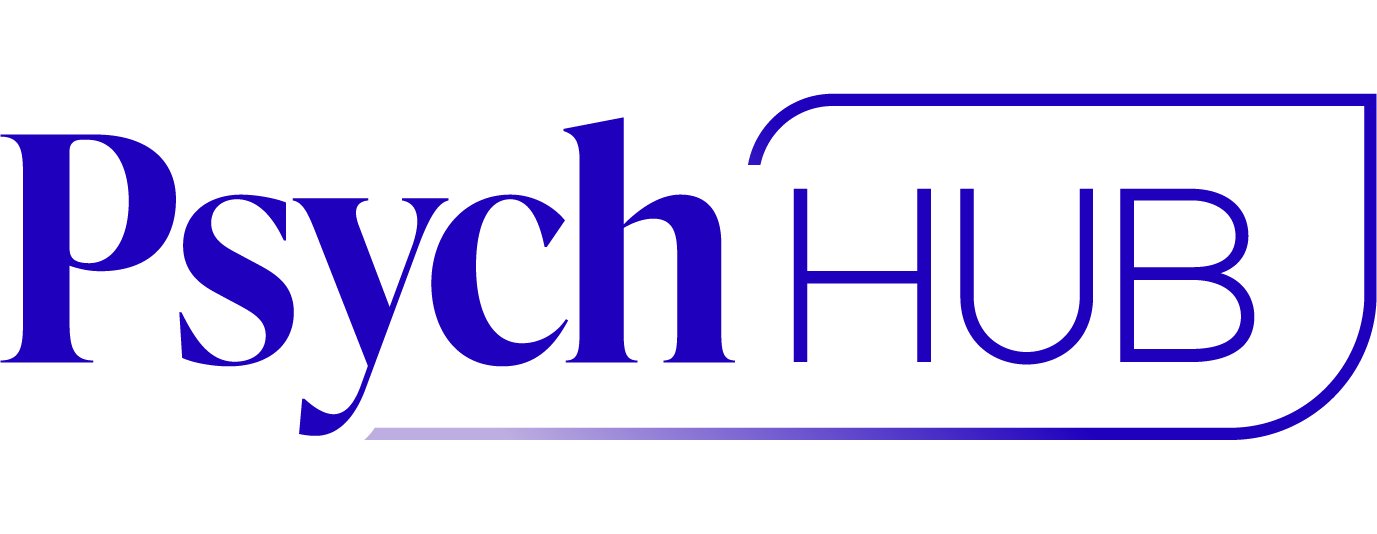
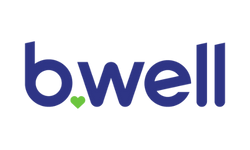




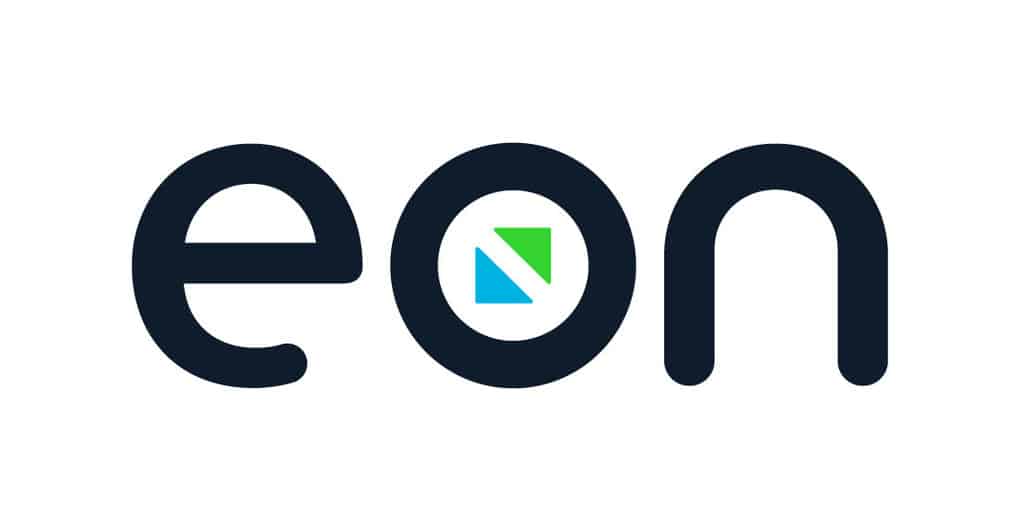
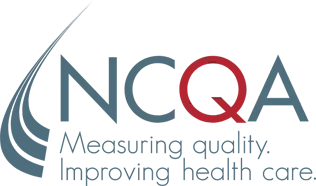
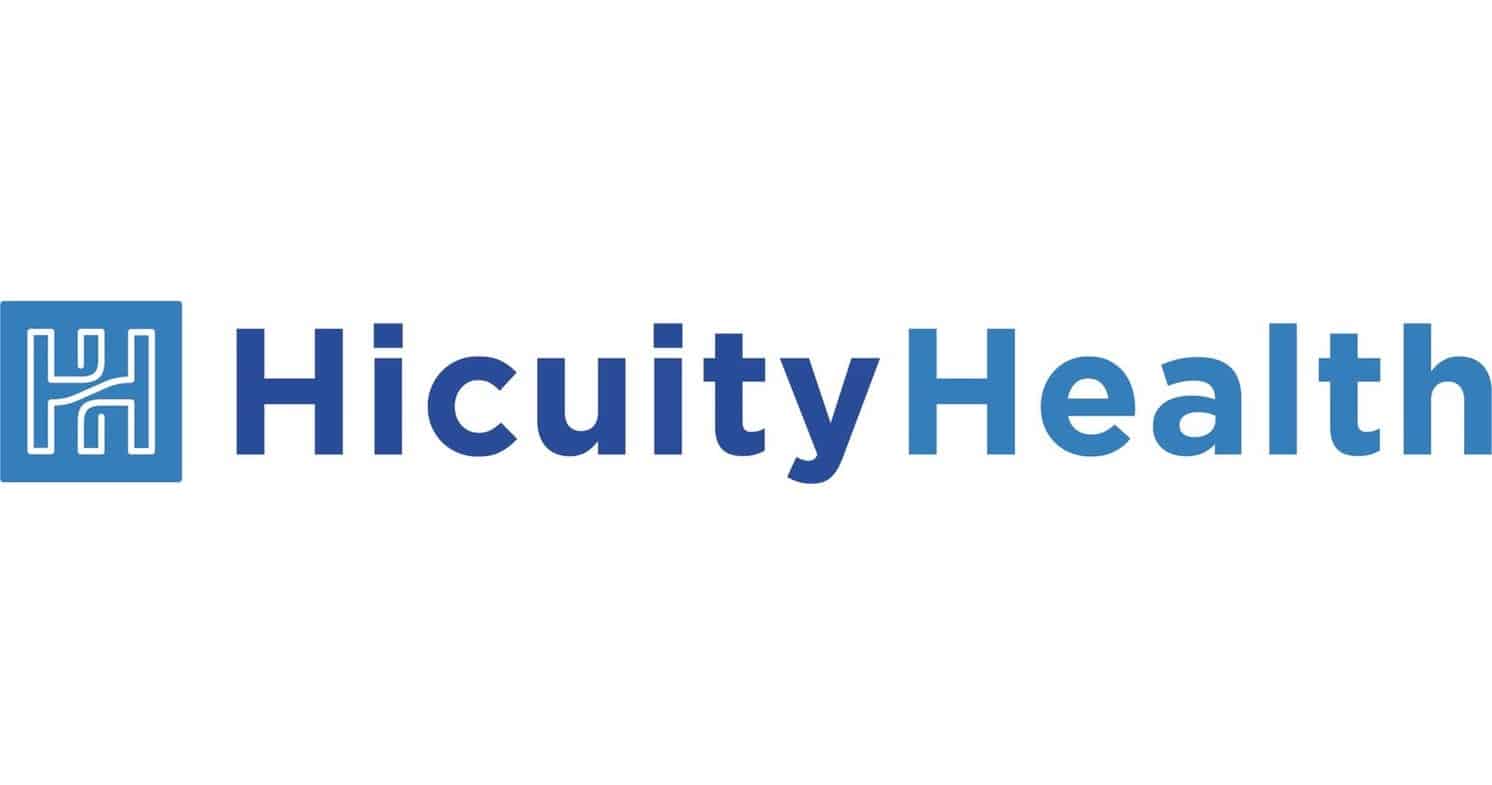



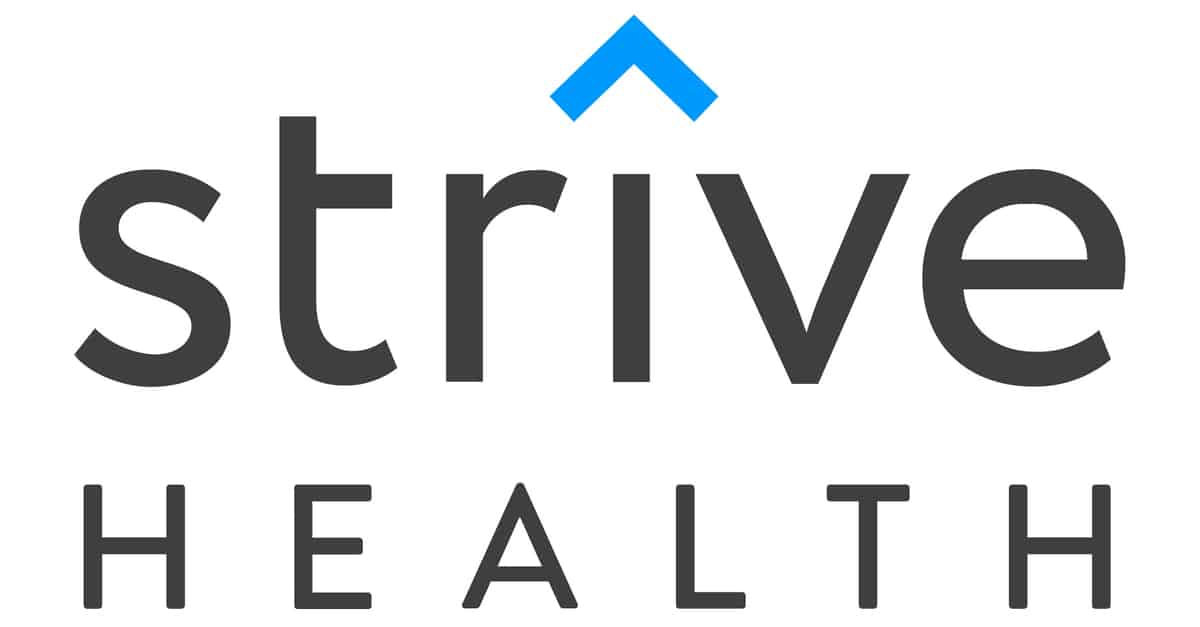
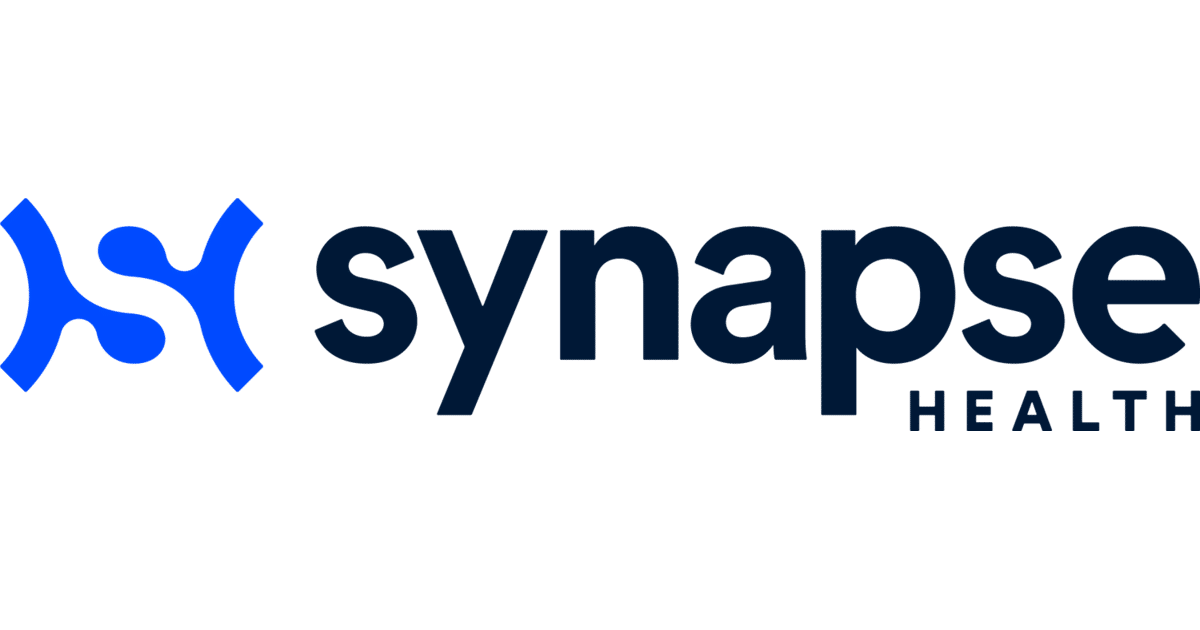
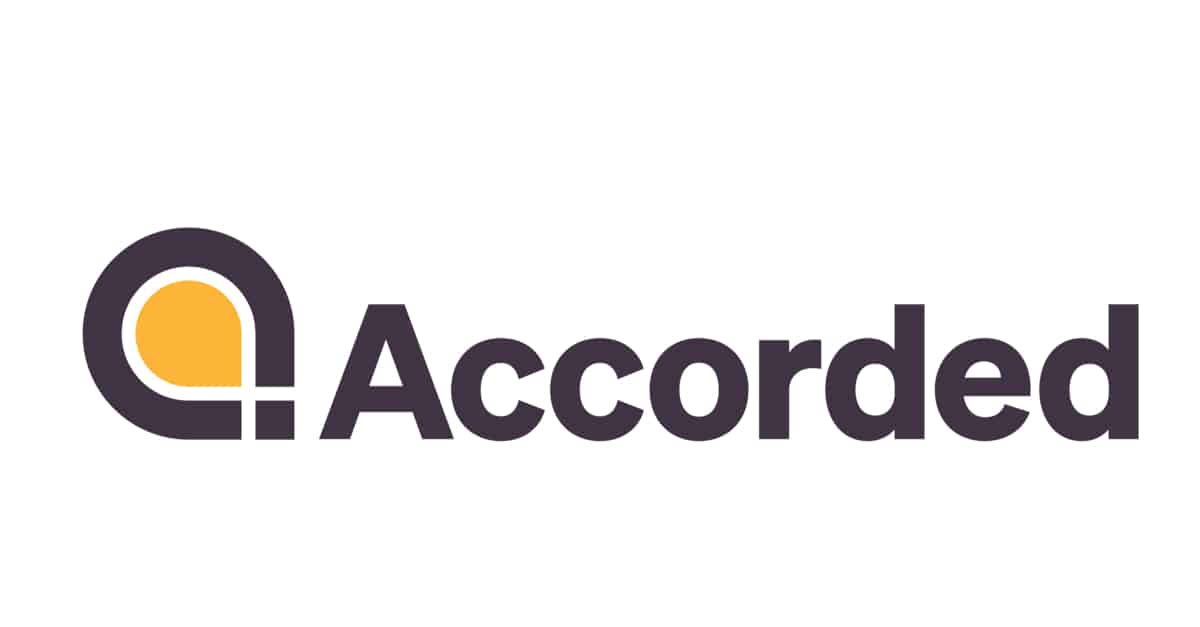


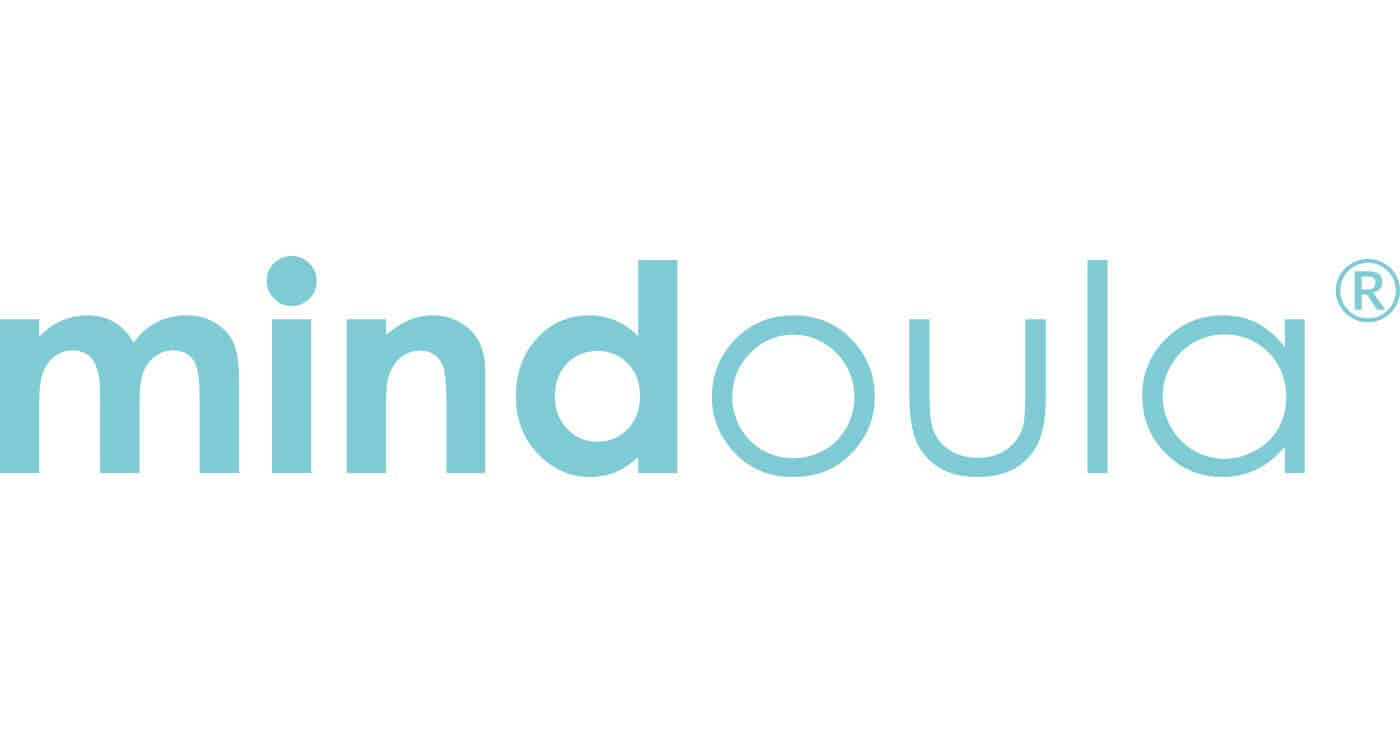

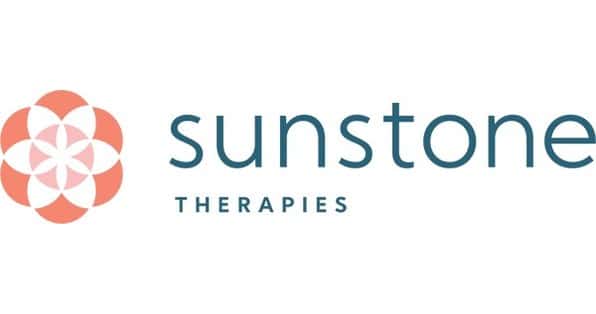
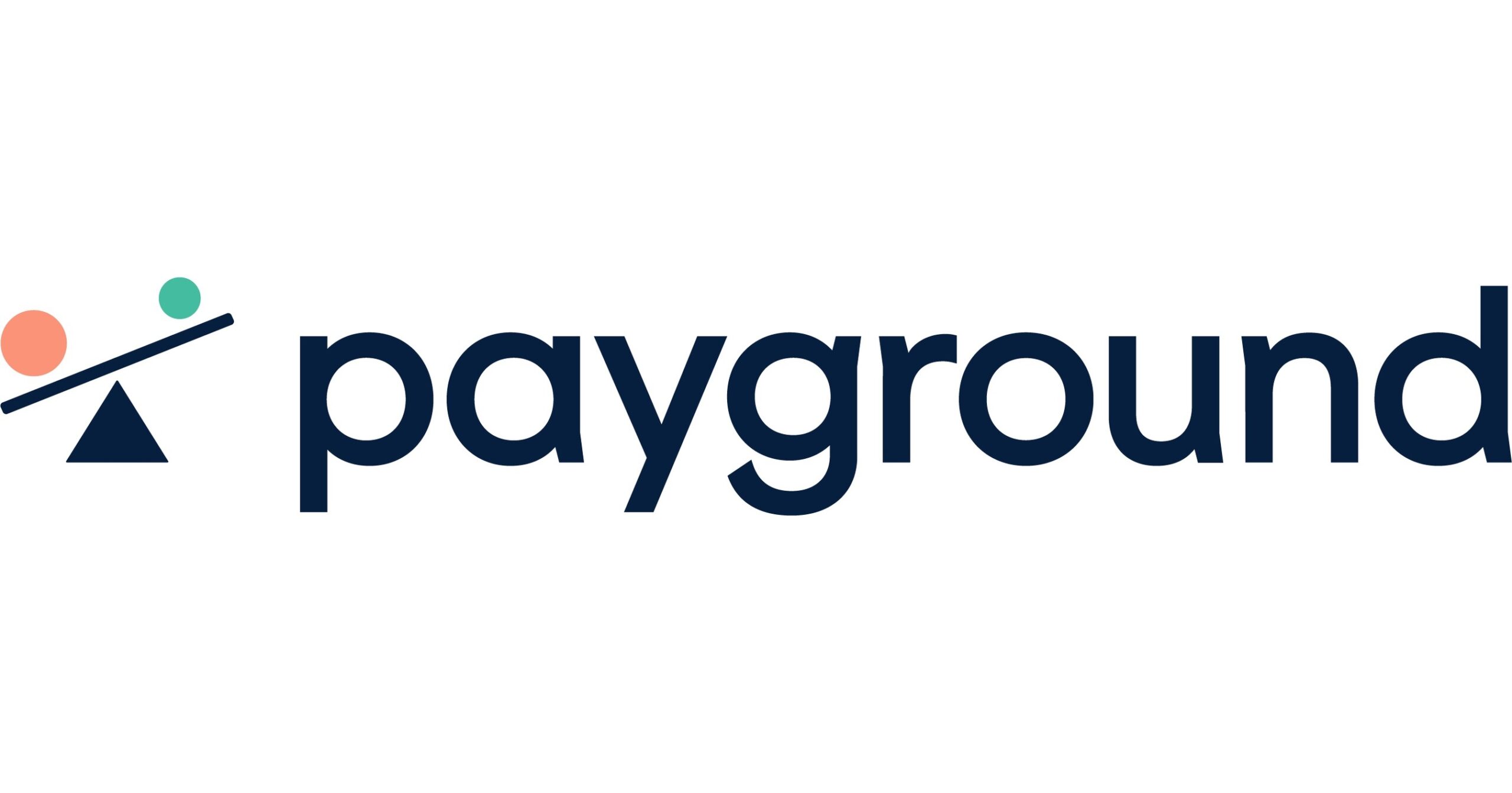

In our first Chasm Conversations, a new interview series with the most innovative leaders in healthcare, Kristy Lindquist sat down with Angie Franks, CEO of ABOUT to discuss key lessons learned as a successful leader in healthcare.
When you think of a strong, authentic, healthcare leader to emulate, you wouldn’t have to look any further than Angie Franks. Angie joined ABOUT (formerly Central Logic), as CEO in 2017, bringing with her a strong reputation for transformational leadership and a proven track record of increasing revenue, driving new market growth, and building high-performance teams. Before joining ABOUT, Angie spent 30 years in the healthcare technology space, holding leadership positions with a number of prominent healthcare firms, including The Advisory Board Company, Lawson Software, Healthland and GeoAccess.
Kristy Lindquist (KL): Let’s start at the beginning. Can you tell me more about your upbringing?
Angie Franks (AF): I was raised in the suburbs of the Twin Cities, outside St. Paul. It was culturally very different than the Minneapolis suburbs. It is more blue-collar and diverse. It felt tight-knit and homey. It was “St. Small.” I am the middle child (along with all the middle child traits). My dad is all Italian, and my mom is all Irish. Italian was definitely the more dominant culture in my home. There was lots of food, tons of debating, and lots of emotions. I have tons (and tons and tons) of cousins; I was in my twenties before I realized they weren’t all first cousins- they were just “the cousins”! My mom was a nurse, my dad was a dentist, so healthcare was in the DNA from the start for me.
My older brother and I were 16 months apart. He was smart, high achieving, the captain of every sport he played, etc. I always had an enormous competitive drive with my brother. If he could do it, I could do it. I was going to do whatever he and his friends were doing. My beautiful, Italian-looking, high-fashion younger sister, Gina, and I were so different. She has a fantastic fashion and style sense, she lived in Italy, and now works as a nurse. I grew up right in the middle of that competitive group.
KL: I understand you were competitive with your older brother. Were you involved in sports?
AF: I literally tried every sport imaginable, often multiple sports in a season. I loved competitive team sports. I was a speed skater when I was younger, which was unusual. It was a competitive sport that helped me develop year-round work ethic. In high school, I wanted to do more. I played basketball, volleyball, soccer, track, softball (fast-pitch and slow-pitch), and I loved it! I did not play college-level sports, but I played sports in college. I was the soccer goalie for the Blackhawk Club soccer team. We travelled all over and even played internationally. It was a very talented team that I played on with my sister.
KL: You were busy with sports and your parents were both working, what type of work ethic were they able to instill in you?
AF: I had chores and expectations. We were not paid for them, but it was just expected as being part of the family. We worked in the garden weeding, mowing the lawn, making our beds, and cleaning the bathrooms. They were just standards we had every day in the family.
My parents taught me early on about education, getting a good job, and managing my own money and finances. My parents helped me with investing and savings accounts. They let my siblings and I pick stock in a few companies, which was really progressive to have us think about those things at a younger age.
KL: When you think back on your life, which people have had the biggest influence on your leadership?
AF: My dad was my first serious employer. I went to work at my dad’s office and we rode to work together every day. He would have staff meetings and lunches, and I got to see a style of leadership he created in his office that was like our house; there were standards and expectations. He was fun and used humor. He has a fantastic, bigger than life personality, but you never wanted to let him down. He was spoken of with such respect, and he was very much like he was at home. This stood out to me; you are who you are, be who you are. There are no different personas. My dad did not treat me differently than any other employee in his office, and I had a lot of good opportunities to observe and learn.
I had another boss early in my technology career who I learned a ton from. He had high expectations and a knack for identifying and probing on the weak link. He was a phenomenal leader, and there were so many lessons learned. He was very humble and comfortable admitting when he dropped the ball. I found that quality so appealing and positive.
KL: This example sounds similar to your dad, a leader who was authentic and willing to admit mistakes. Were there any influential women leaders who you met along the way who were examples to you?
AF: The majority of my career I was working with and for men, by nature of the tech industry. On the female side, there was a consultant who I worked with. Nobody messed with her; she knew her stuff, she was very organized and very supportive as a leader. In a role that was new to me, I had no idea what I was doing. She was not telling me what to do, as much as she let me figure things out. She was there for me if I needed her help and support, and she was just fantastic.
I also have to credit the nuns (Sisters of the Visitation) who educated me in high school. They were amazing and had such an impact on me. It was an all-girls high school, which I think was really important at that age; they encouraged a focus on education and achievement balanced with humility and grace. A quote from the saint who founded this school was “be who you are and be that well” was something that inspired me from the moment I heard it. I have tried to live with that spirit ever since.
KL: What are your thoughts regarding Imposter Syndrome (as referenced in Sheryl Sandberg’s book, Lean In)? You have been athletic and competitive, and you are kind of tough. Have you experienced it personally?
AF: Of course, I have! There was a moment at Lawson when I had just been promoted to a VP role. I had a huge budget, a big team, and some big issues we had to work through. I had moved from a cube to an office with all this fancy wood furniture. I was looking at my white board and it had doors, and I thought, “Wow, I have really hit the big time!” I sat there overwhelmed with what I had to do. Then I realized, “You are the leader. All these folks need to help you do the things you need to do.” I remember thinking, “How did I get this job? I don’t even know what I am doing. Who saw something in me that I am even in this position?” It was the strangest experience. I sat there for 10 minutes doing nothing. I felt paralyzed.
Then I realized, “What is the worst possible thing that could happen?” That was the mindset I adopted. Was anyone going to die if I could not lead us through a problem? That has been my mindset and mantra anytime l feel people are going to think I do not understand anything. My goal is to seek to understand, demonstrate lots of curiosity, ask a lot of questions, and I assure myself I am not at all an imposter. If I don’t know something, other people probably don’t either. I need to find those who do, pick their brains, figure out what works, and solve problems.
KL: It sounds like you have a pretty good sense of humor and are not one to take things too seriously. You are capable of getting people into the right mindset for things to get done.
AF: A behavioral psychologist did an assessment on me and he said, “Angie you will never die of a stress related illness.” It is because I do use humor. If things get too stressful, I naturally go to a place where I can let it go and put it into a perspective. I can focus and not let it control my life. It is all going to be okay.
KL: What was the job where you made the biggest mistake or learned the most?
AF: I feel like I have made many mistakes, but that first CEO role at Healthland when I stepped in and took over at a pivotal moment for the company. We had some challenges with clients and our product and a need to get two platforms certified for meaningful use. When you step into a role like that, at a tough moment, you feel this enormous responsibility to not let down the people who chose to put you in this role. And that mindset was motivating but also limiting in that I felt like I worked for the board. And that was a mistake which led me to maintain a broad span of control versus hiring a COO.
In retrospect, I should have brought in a COO early on. I should have spent more time with somebody who was a CEO asking for coaching and learning what the common CEO mistakes were. That was twelve years ago, and I learned a ton through that experience. If I rate that experience entirely based on learning, it was the best professional experience of my life.
KL: How do you ensure your team is operating at a high level?
AF: It is my job to create an environment where people can do their best work and where they can perform at their best. Not everybody is good at everything. Creating the right environment, drawing on my team’s strengths, and managing around their weaknesses are important. I think people want a leader who knows them, understands the business and demonstrates empathy. I get my hands dirty. I can go deep. I like to hear things unfiltered and be part of understanding what is really going on, so I can understand how to help solve problems and remove barriers. At the end of the day, building a strong team and culture is the most important factor.
KL: What qualities do you look for when you hire talent?
AF: Courageous people; people who have been competitors in team environments. Ideally, they did things where they had to come together collaboratively and work together for success. When things did not go well, they learned how to fail and handle loss. I really value people who are articulate with good presence, hold the conversation, look you in the eye, think on their feet, and who do not have to be right all the time. It is less to me about the right answer, and more about how they think about it and their thought process. I assess from there. I look for people who can take multiple variables, think through it, and articulate and summarize their plan and approach.
KL: Why did you decide to pursue healthcare?
AF: Healthcare came to me. I actually have a degree in elementary education and intended on being a teacher. I did not take a teaching job out of school because I could not find one. I took a job in a healthcare technology company that was building physician practice management systems. I used my teaching degree to go into physician practices, do the implementation and training, and manage their accounts when they went live. My career took off from there and I loved it. Healthcare is hard. I would be shocked if there was a more difficult industry to work in. That is part of what I love the most about it. If it was easy, anybody could do it. Working in this industry is intellectually challenging and personally rewarding. Being part of something so mission oriented and impactful is hard to beat and I have never had more fun in my life.
KL: If there’s one thing you could change with a magic wand in the healthcare system what would it be?
AF: I would find every opportunity to simplify administrative processes which add no value to the patient experience and outcome and I would put more decisions into the hands of clinicians – physicians and nurses.
In healthcare, it is a patient’s life that matters. In every decision we make, there is a person at the other end impacted by what we are doing. There is a mission orientation in this industry that other industries do not quite have. It is most important to have that appreciation, understanding, and realization to filter decisions through the lens of what is in the best interest of the patient.
KL: What advice would you give people starting out in their healthcare careers? What kind of advice would you give young people?
AF: There is never an opportunity like what we have now. There is so much rapid, positive change. The pandemic has just exposed areas where we can and need to do better. We are going to do things differently post-pandemic. I think there is a ton of opportunity for young people early in their career to get in there, take chances, and not have to know everything. Just go work to try to figure it out and take risks.

































































































































































































